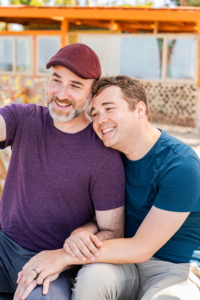And when you come into the land, you shall plant…
This Tu B’Shevat/Martin Luther King Jr. Day, we reflected on seven milestones and lessons from the last shmita cycle as we also look forward to the next. Caught in a moving tension between a shmita imperative to pause and Dr. King’s urge to respond to the “urgency of now,” our first of seven reflections in our series shares more about the initiatives that began and grew during the last seven years.
Leichtag Foundation purchased Leichtag Commons in 2012 and began to lay the groundwork for the social enterprise, innovative agriculture, Jewish community engagement, educational programs, creative arts and culture and vibrant community life that happens here today.
Our Jewish texts implore us to put our land and resources to use. We should plant – not just anything, but nourishing crops for the sake of sustaining our community and ourselves. Through Leichtag Commons, it was evermore our sacred duty to return value to the local community and fulfill the Leichtag legacy. With a renewed landscape and many possibilities, how would we know what to plant?
We listened to our community members, grantee partners, and colleagues. We experimented and iterated. Seven years ago, our initial ideas and trials began to take shape.
We officially launched Coastal Roots Farm in 2015 after hearing from North County residents that they were interested in sustainability, Jewish community, and social justice. At the time, one in seven (now one in three) people in North County lacked regular access to fresh, healthy food. Holding vibrant visions of this Jewish community farm, community members sowed the Farm’s first seeds along the west edge of Leichtag Commons. The Farm’s experienced team ramped up production and education, especially in response to urgent community needs during the pandemic.
The Hive at Leichtag Commons – previously the North County Jewish Hub – grew rapidly from its organic beginnings as an informal collaboration space for Leichtag Foundation grantees. After witnessing the exponential benefit of creative collisions, The Hive expanded its coworking space. Not only did The Hive’s membership increase nearly ten-fold, it began to offer monthly professional development programs for nonprofit professionals from international specialists in fundraising, management, operations, and more. The next season builds on The Hive’s networks with new cohort and peer learning experiences.
The E3: Encinitas Environmental Educational Collaborative (E3) was a sapling in 2015 that has grown into a robust ecosystem. E3 has made important neighborhood evaluations and projects possible between our immediate neighborhood of impactful organizations: Coastal Roots Farm, Encinitas Union School District Farm Lab, Heritage Ranch, Magdalena Ecke YMCA, San Diego Botanic Garden, and Seacrest Village Retirement Communities. Between us, we host more than 300,000 visitors annually and employ over 1,000 staff members. With our established partnership, we are looking ahead to opportunities to improve connectivity, encourage active transportation, and expand environmental education.
The Jerusalem Model was first conceptualized in early 2016. Now a coalition of over 200 bottom-up “influencers,” the Model convenes young social entrepreneurs – from all parts of Jerusalem – who are working toward a better future for all of the city’s diverse inhabitants. The story behind the Model and how it has evolved to support social entrepreneurs and their communities will be highlighted in our next post.
The Murray Galinson San Diego-Israel Initiative (MGSDII) was created in 2017 to promote, support and catalyze knowledge discourse on the modern state of Israel through scholarship, engagement, and collaboration at partner universities in San Diego County. Academic courses, lectures, Israel travel for students and faculty, visiting Israeli professors, conferences, and community education have multiplied year over year. Named for Murray Galinson, of blessed memory, a Leichtag Foundation board member, MGSDII has funded 33 professors to teach over 50 courses that enrolled over 650 students. The MGSDII has also funded 5 professor-led research collaborations between San Diego and Israeli universities, funding over 100 students from Israel and San Diego to participate in academic exchanges. Over 7,500 students, faculty and community members learned about Israeli history, politics, society, music, art and film at Initiative-sponsored events, programs, lectures, and courses.
More recently, we established Impact Cubed in 2019 to expand how we offer community members access to understand social and environmental challenges along with ways to become champions for solutions through giving. The Foundation has always sought to leverage our grantmaking by educating the community about important issues of our time. Impact Cubed is now the space where community members come together to learn the ins and outs of strategic giving aligned with needs and where we can give in partnership with likeminded donors.
The Foundation prepared the environment and nourishment for these sprouting initiatives, and each flourished and matured with their own dedicated teams. Some of this growth accelerated during the pandemic as we had to pivot quickly. We learned what to plant and ensured the yield would fulfill needs in our community. These initiatives and their talented staff continue to inspire us with their innovative solutions and experiences. This shmita year, we will continue to reflect on our choices not only to understand how to continue supporting these initiatives but to determine what else could help this land and community thrive in the next seven years. Over the next shmita cycle, we are immensely grateful that all of these will benefit from more robust and solid infrastructure, far more partners and greater purpose.
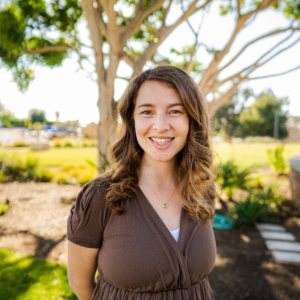
by Jessica Kort, Director of Communications and Strategy
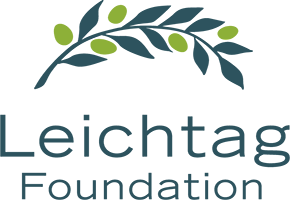
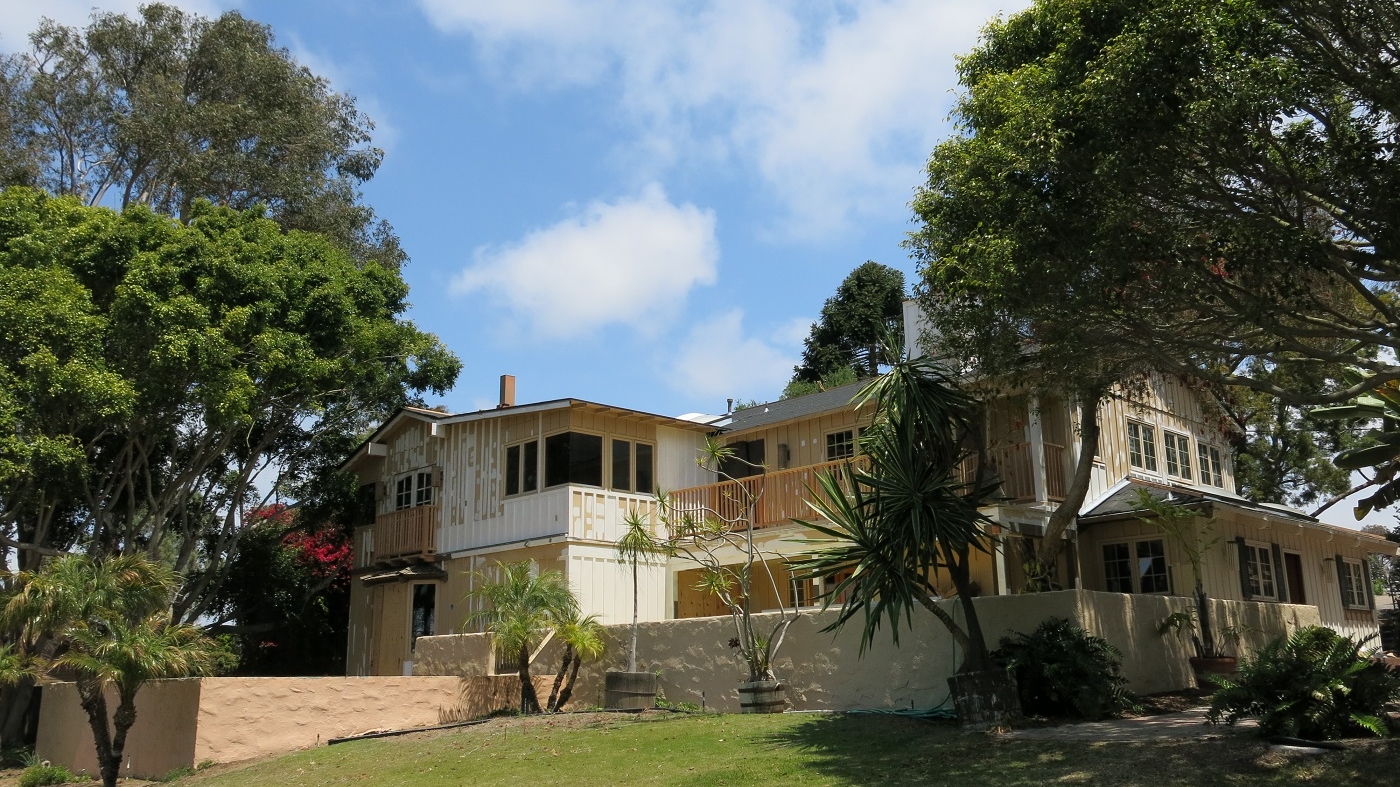
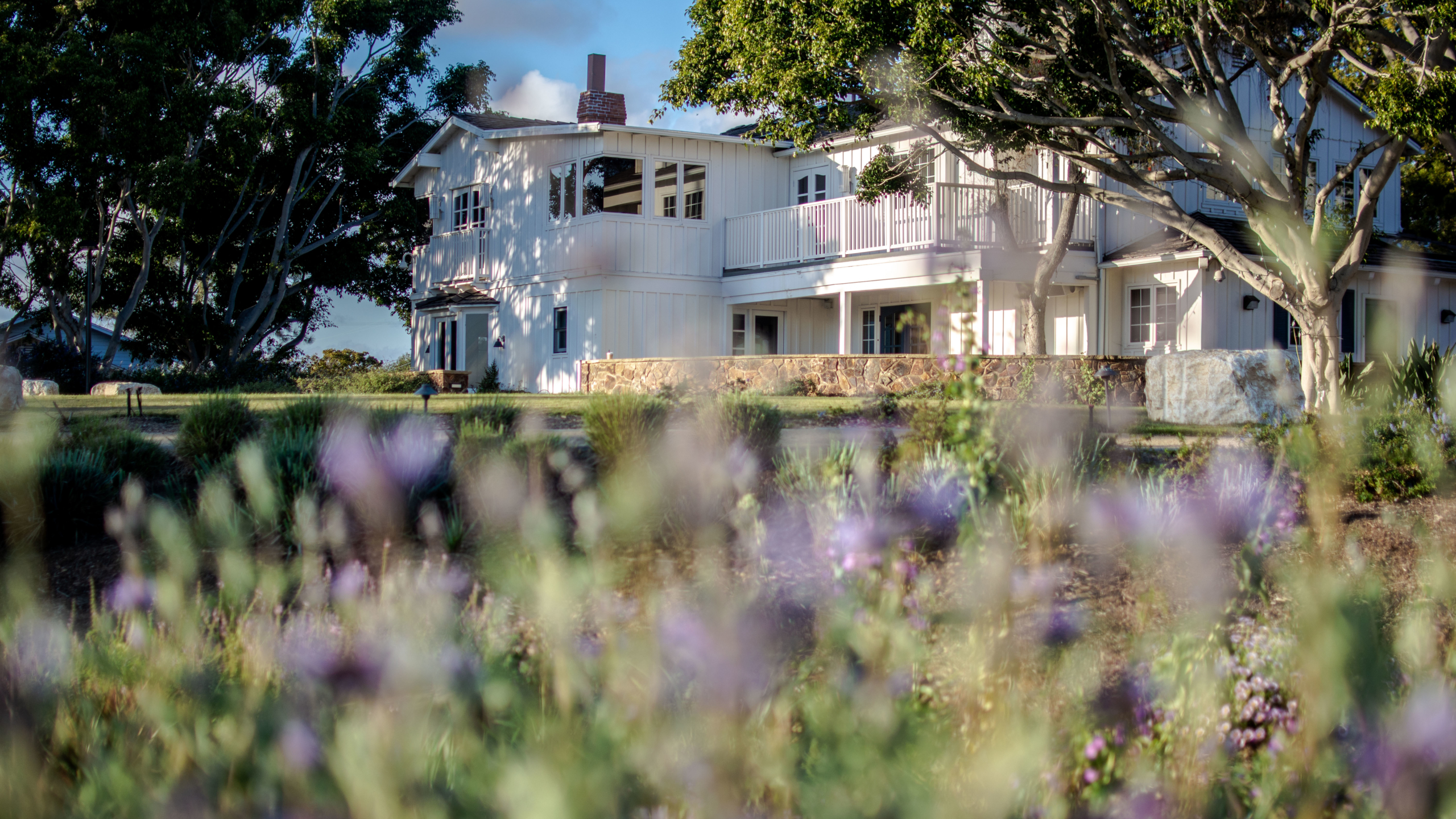
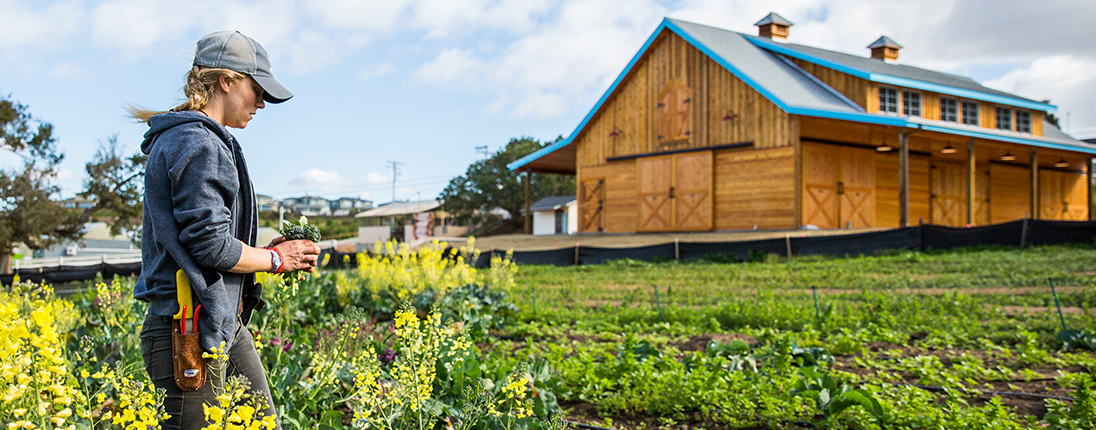
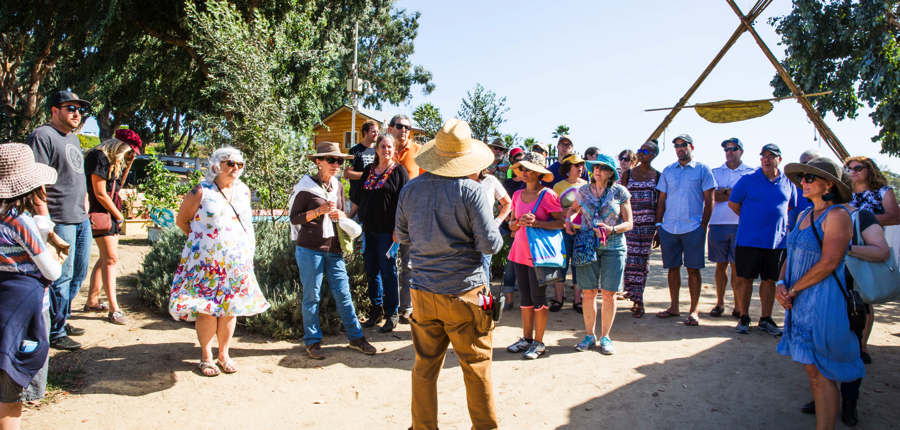
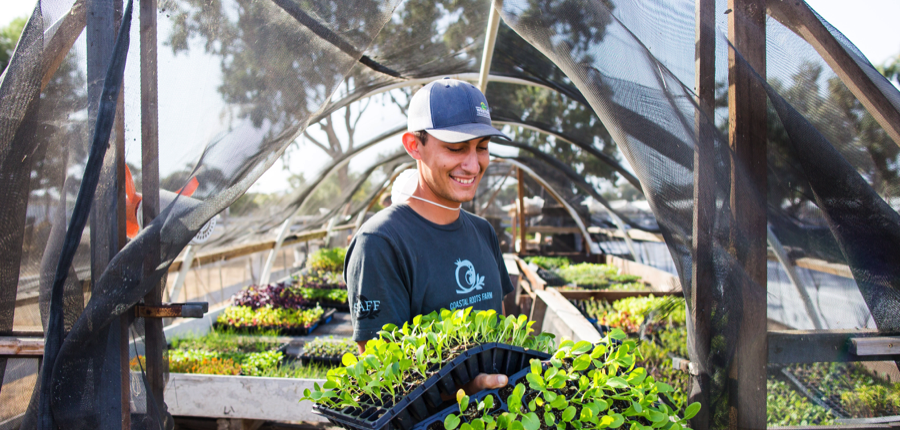

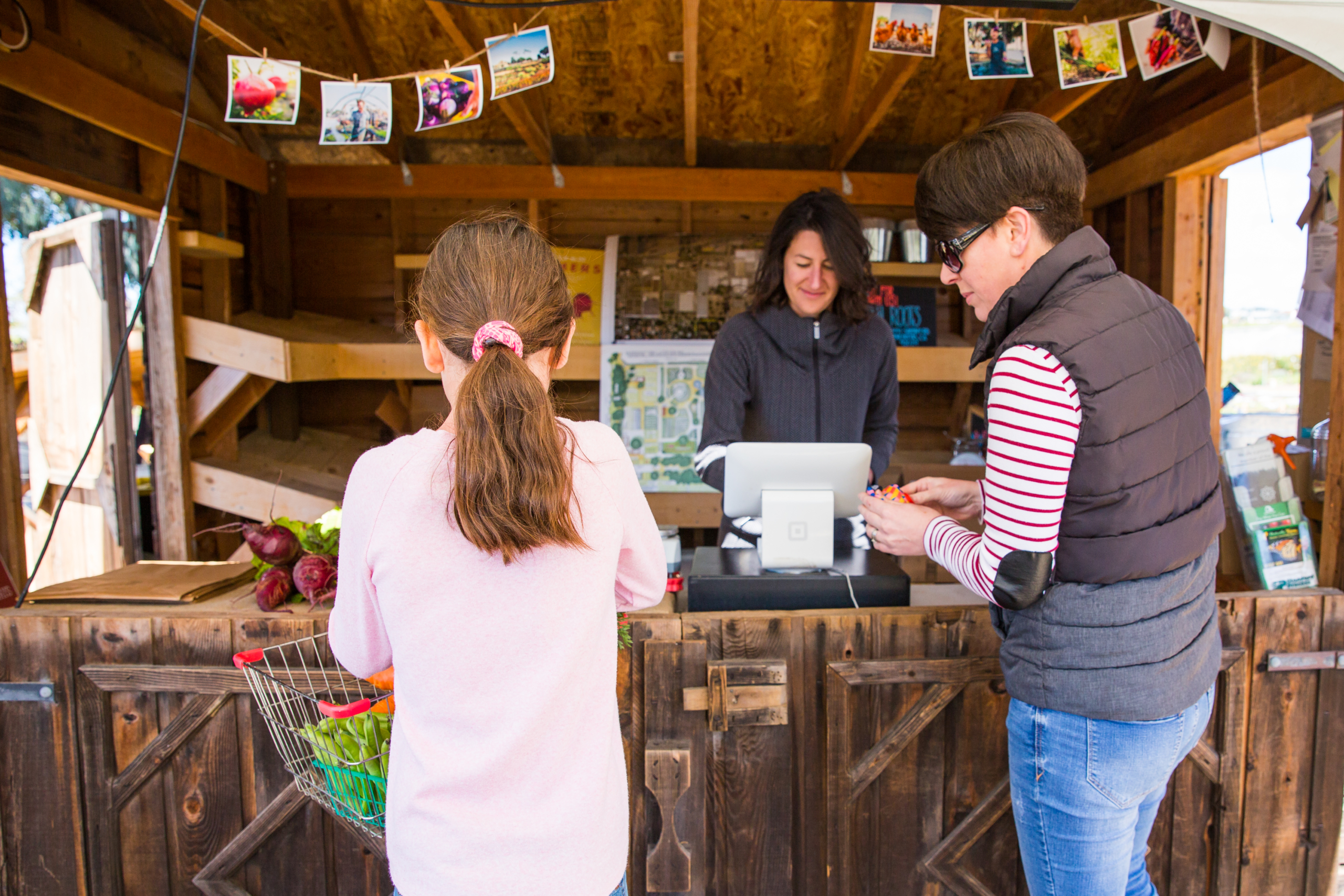
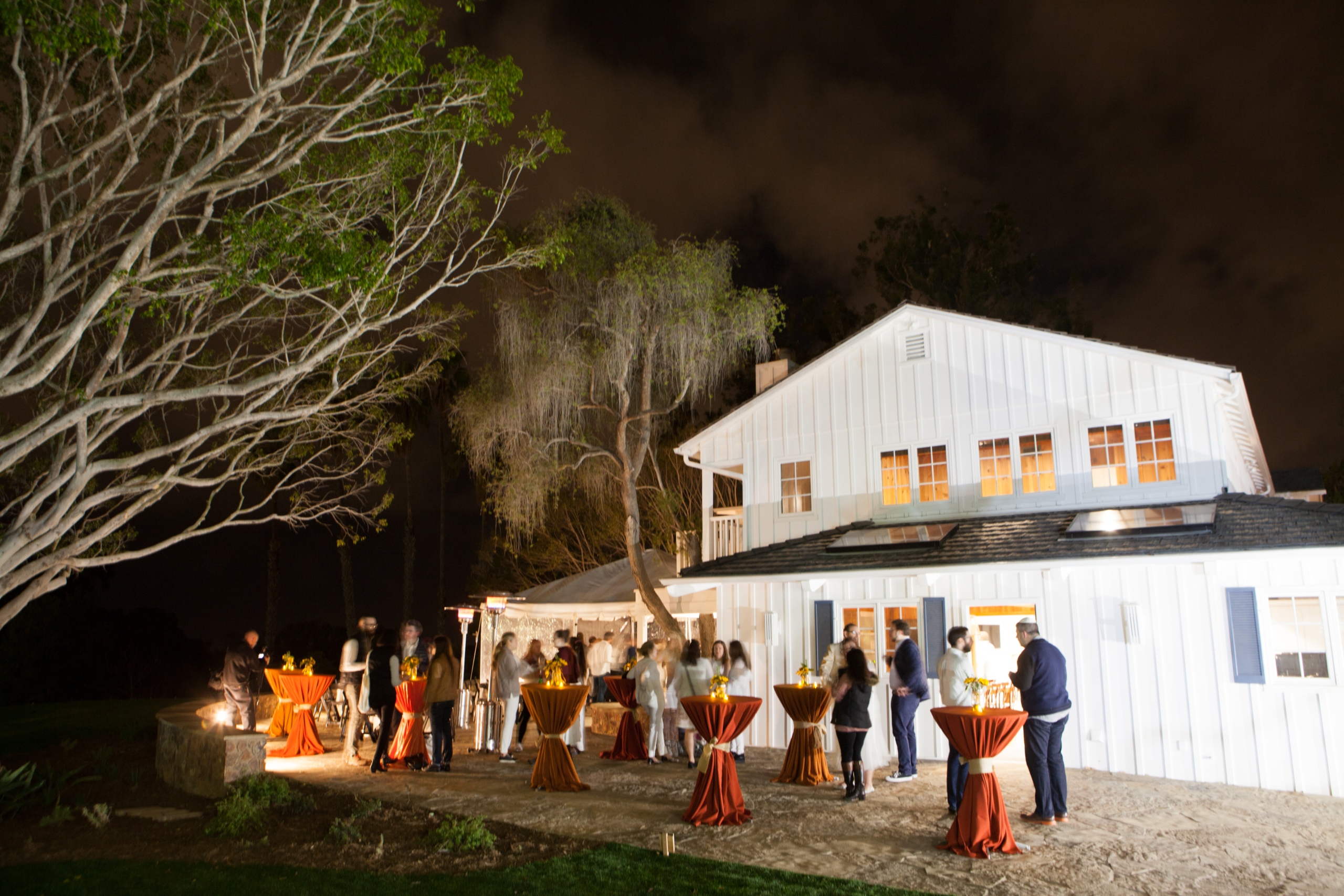
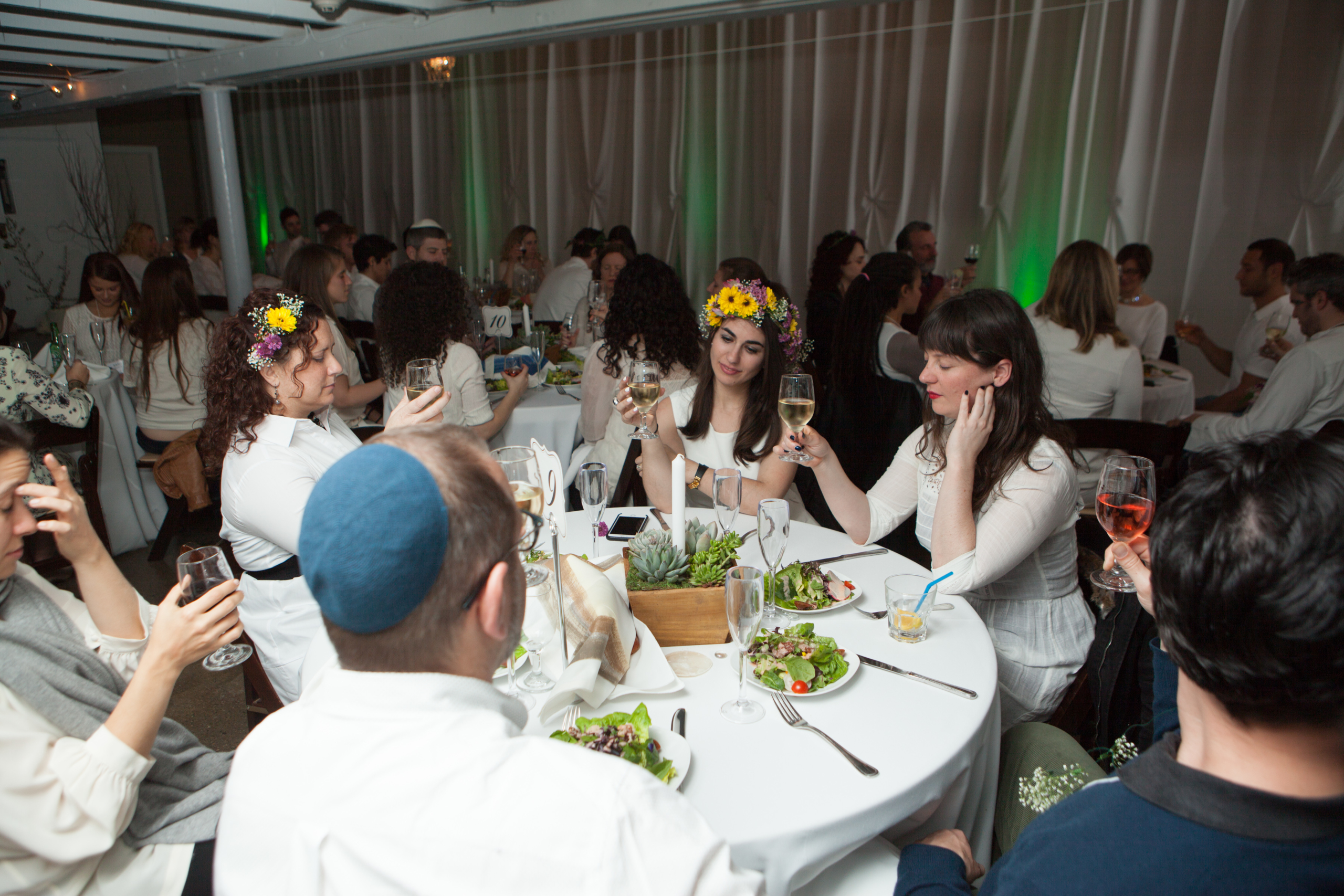
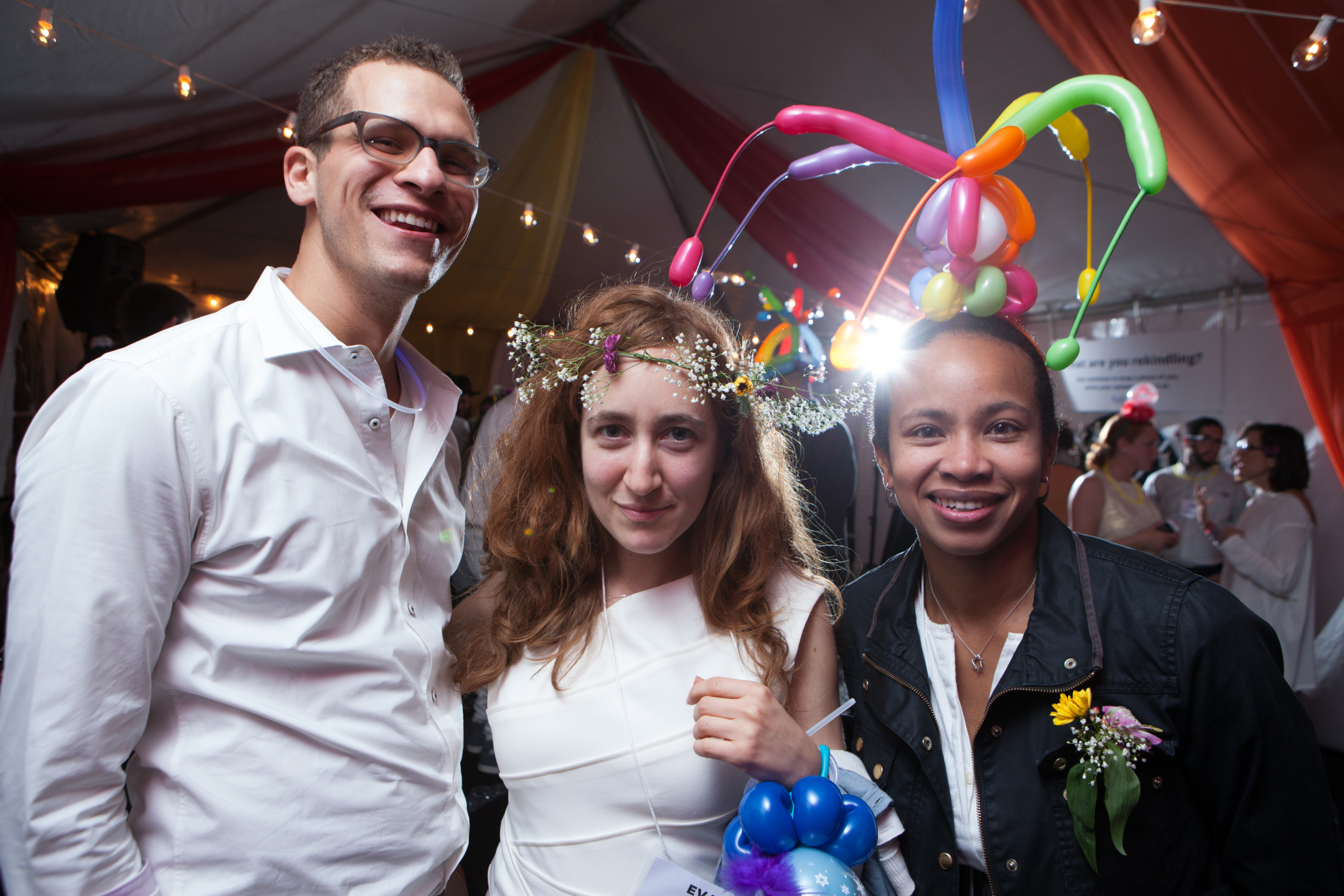
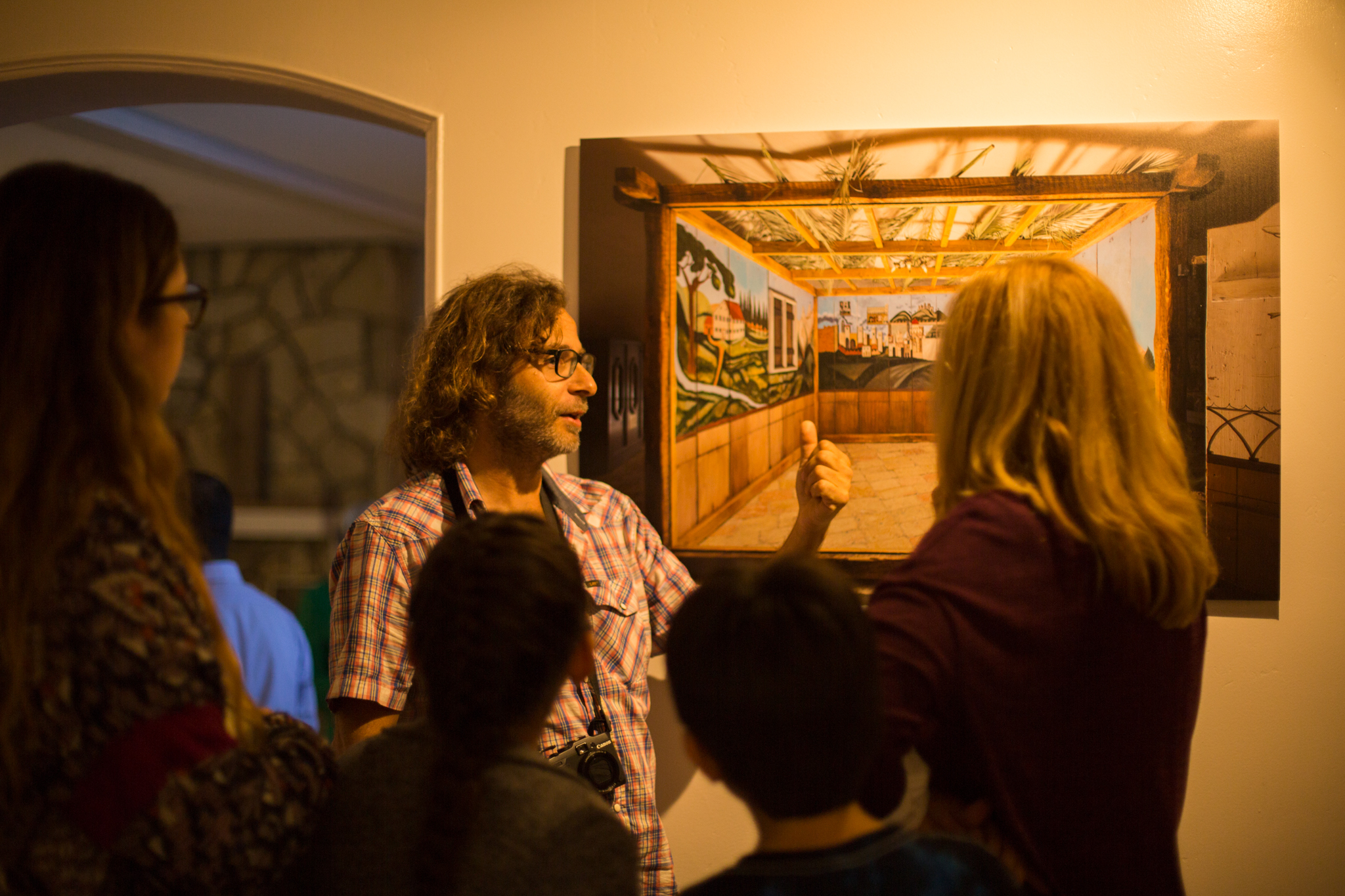
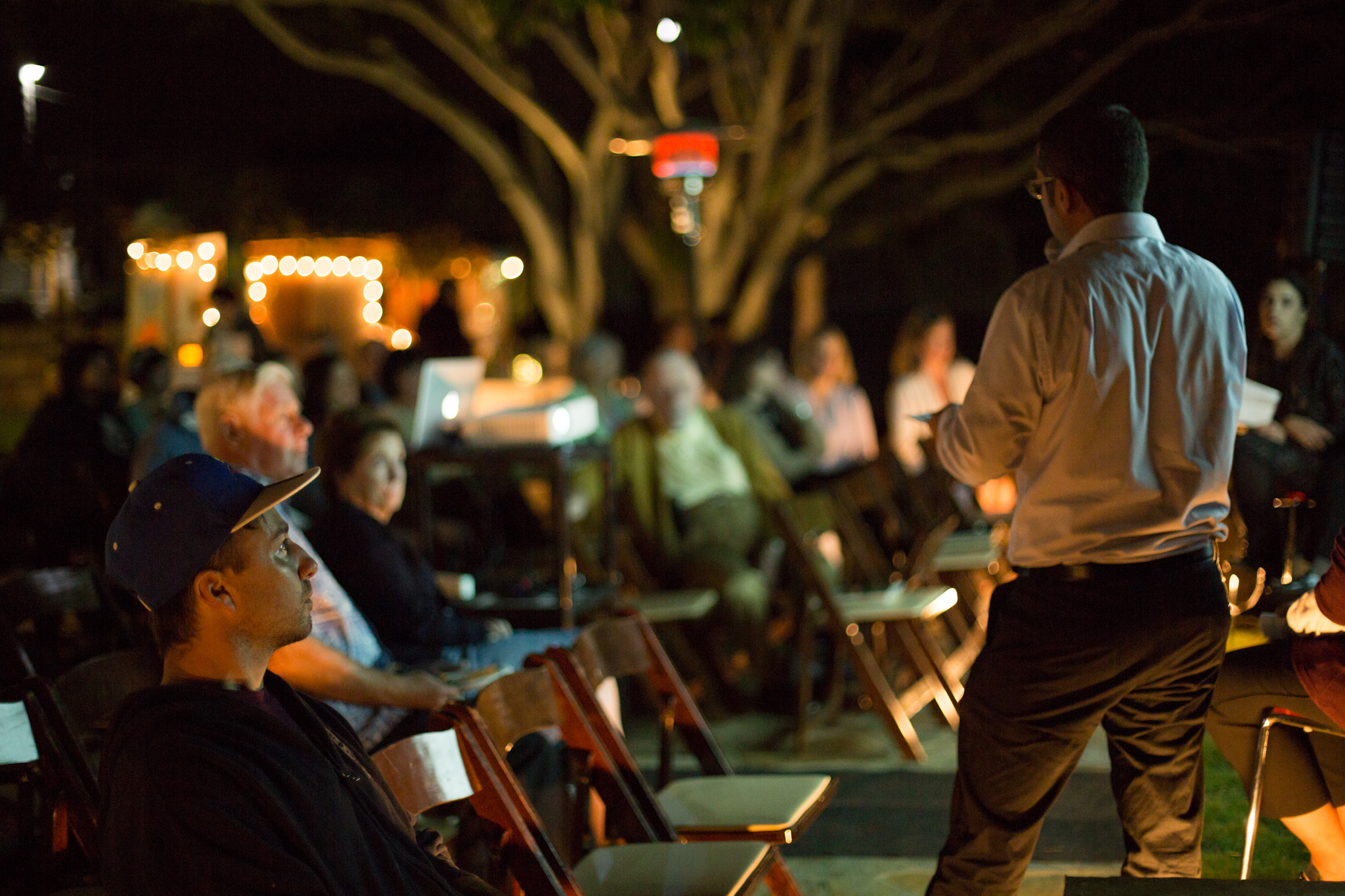

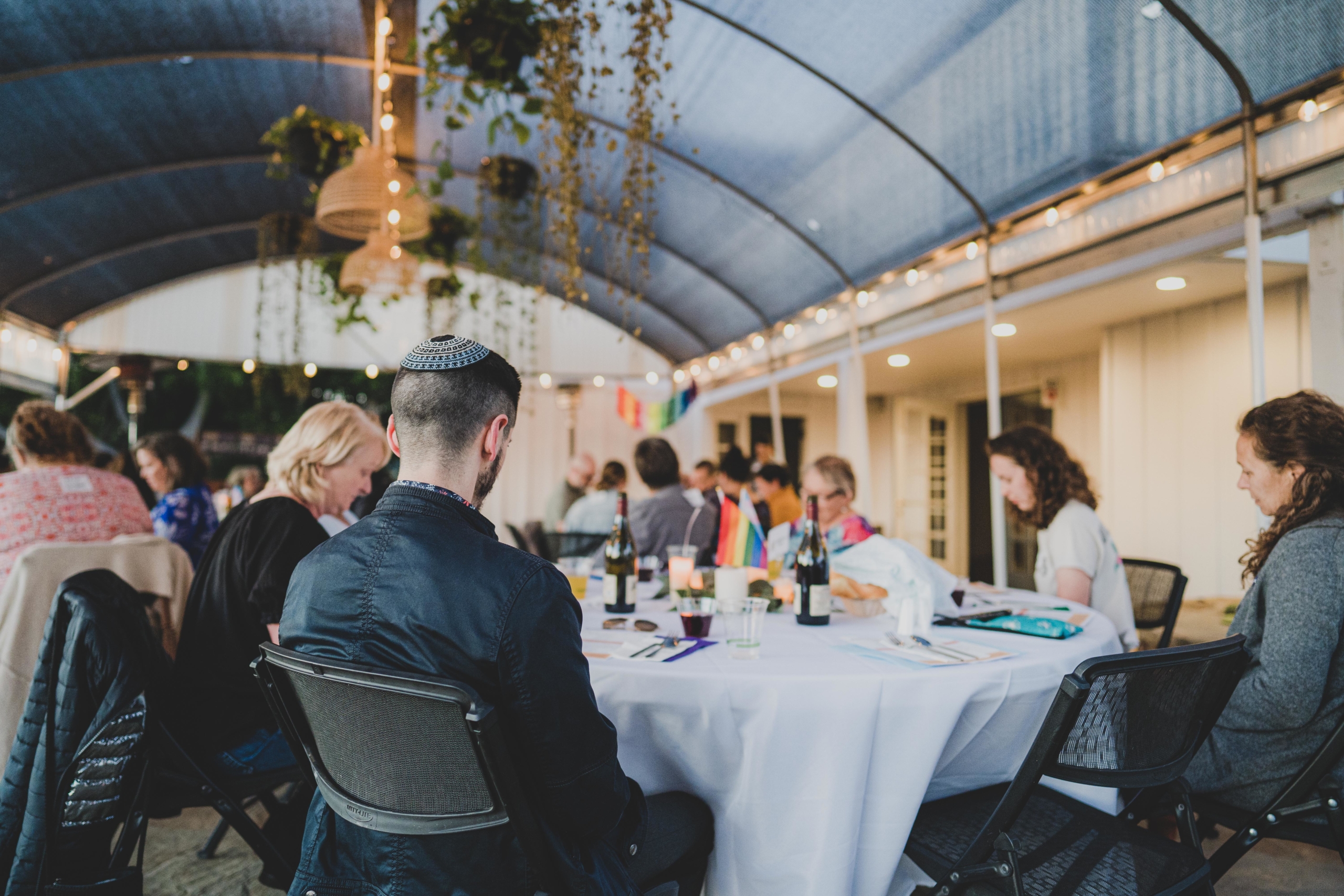
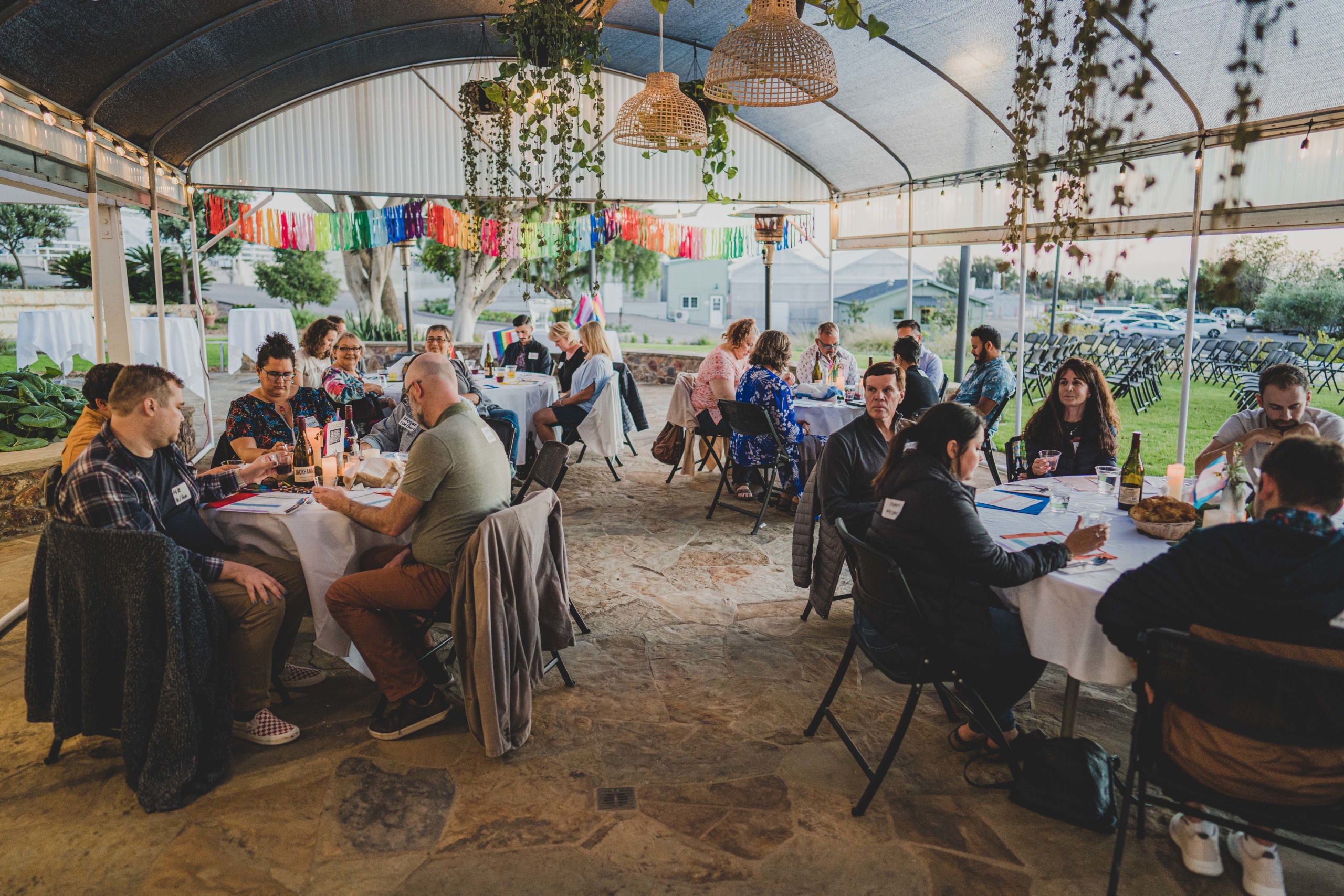
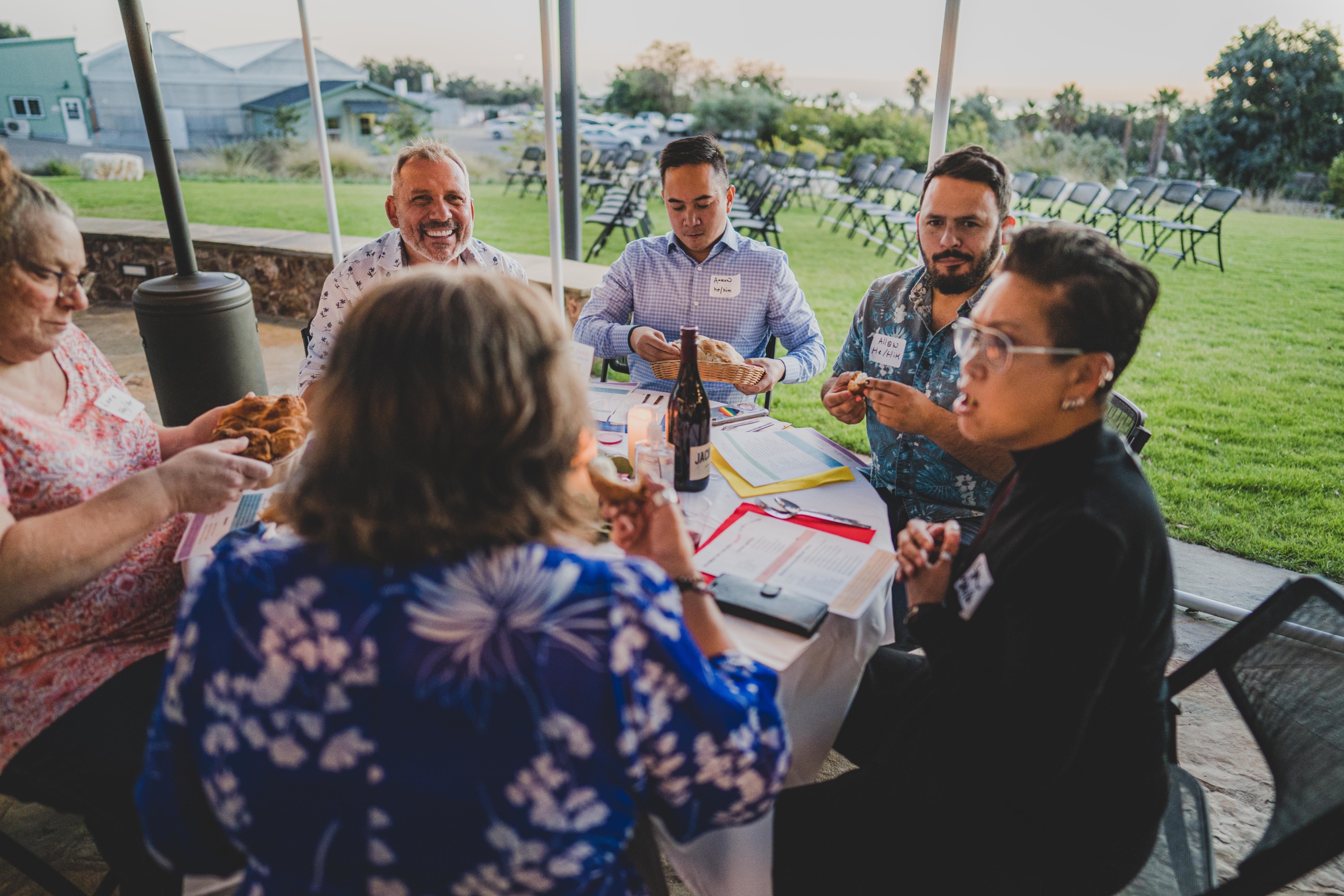
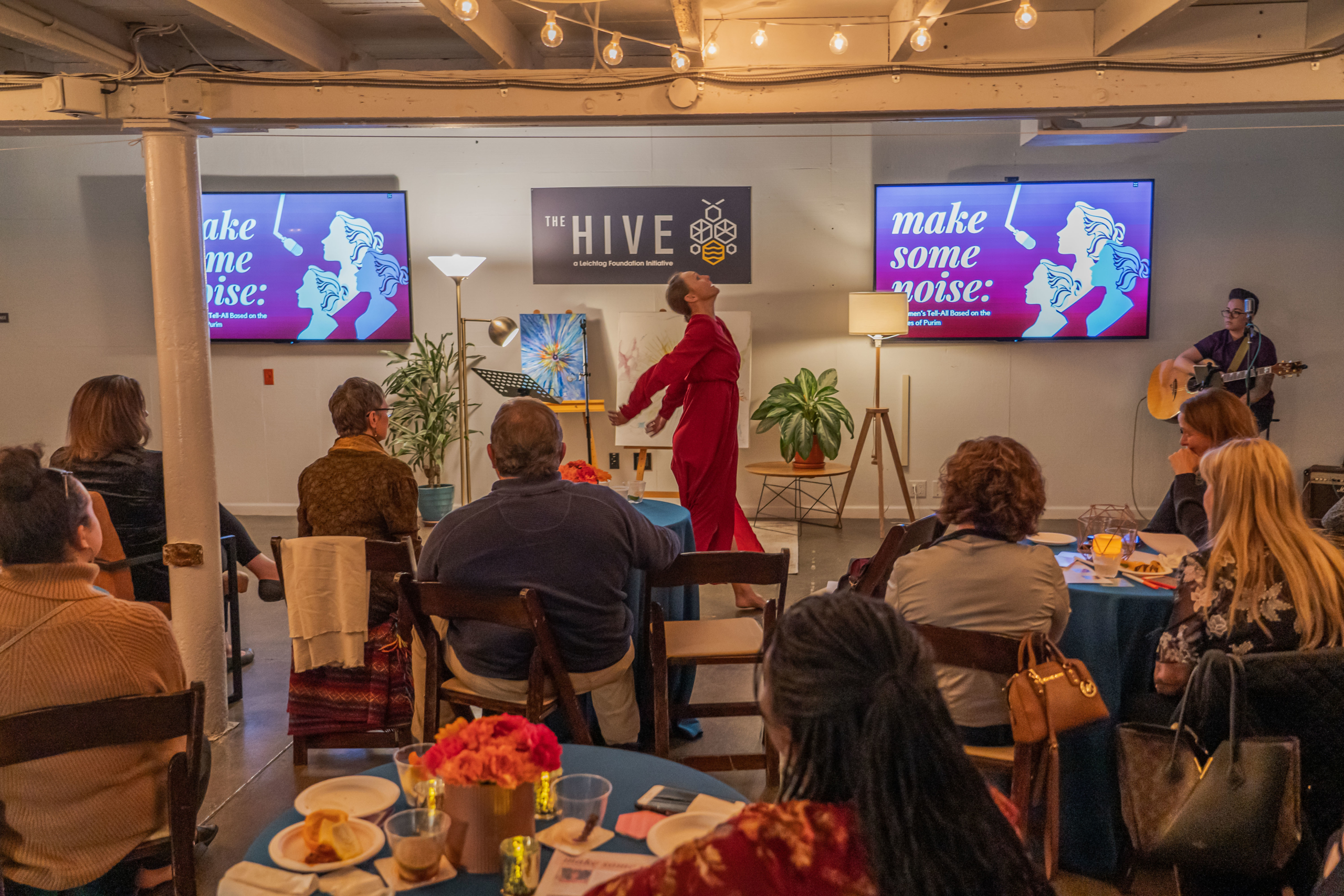
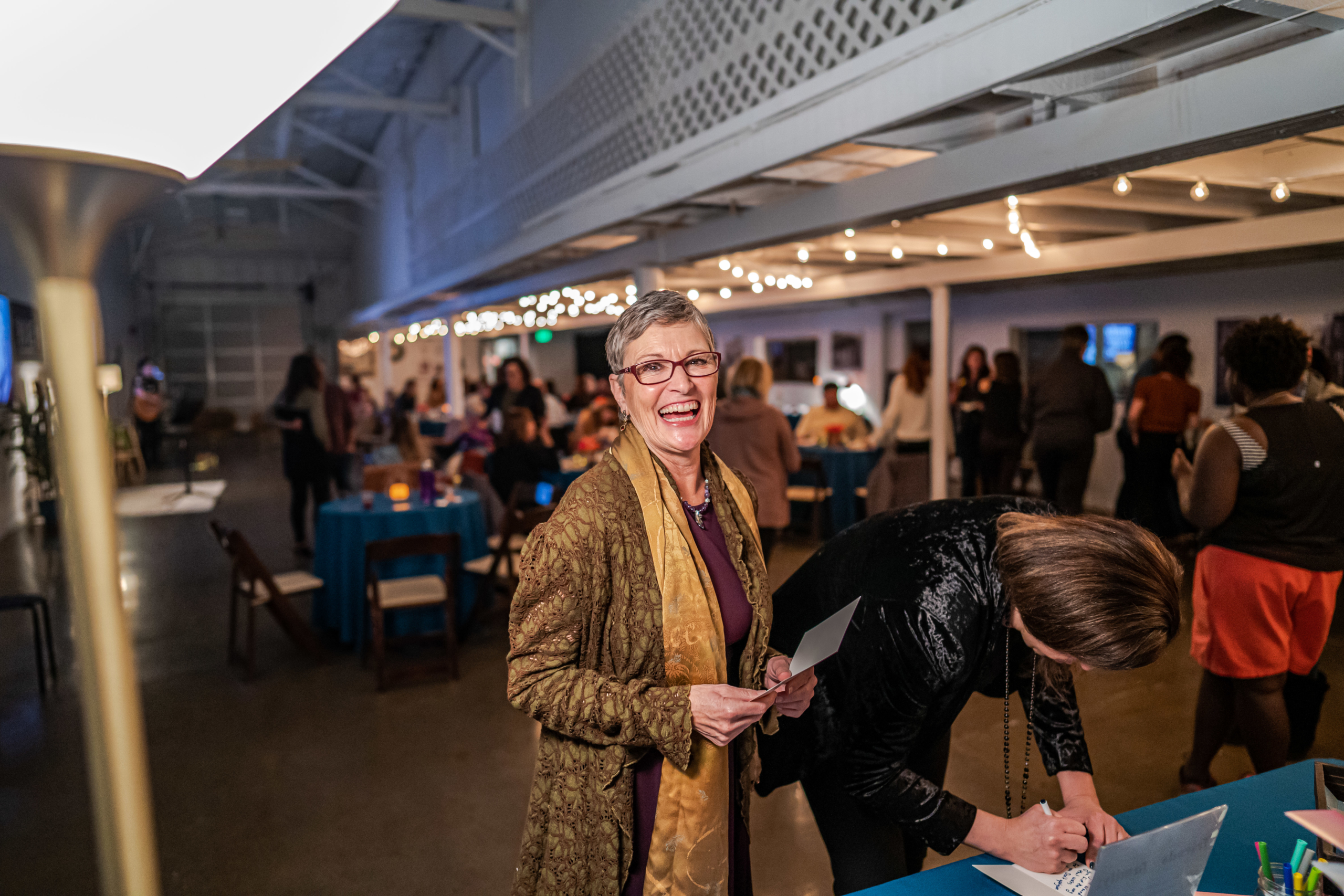
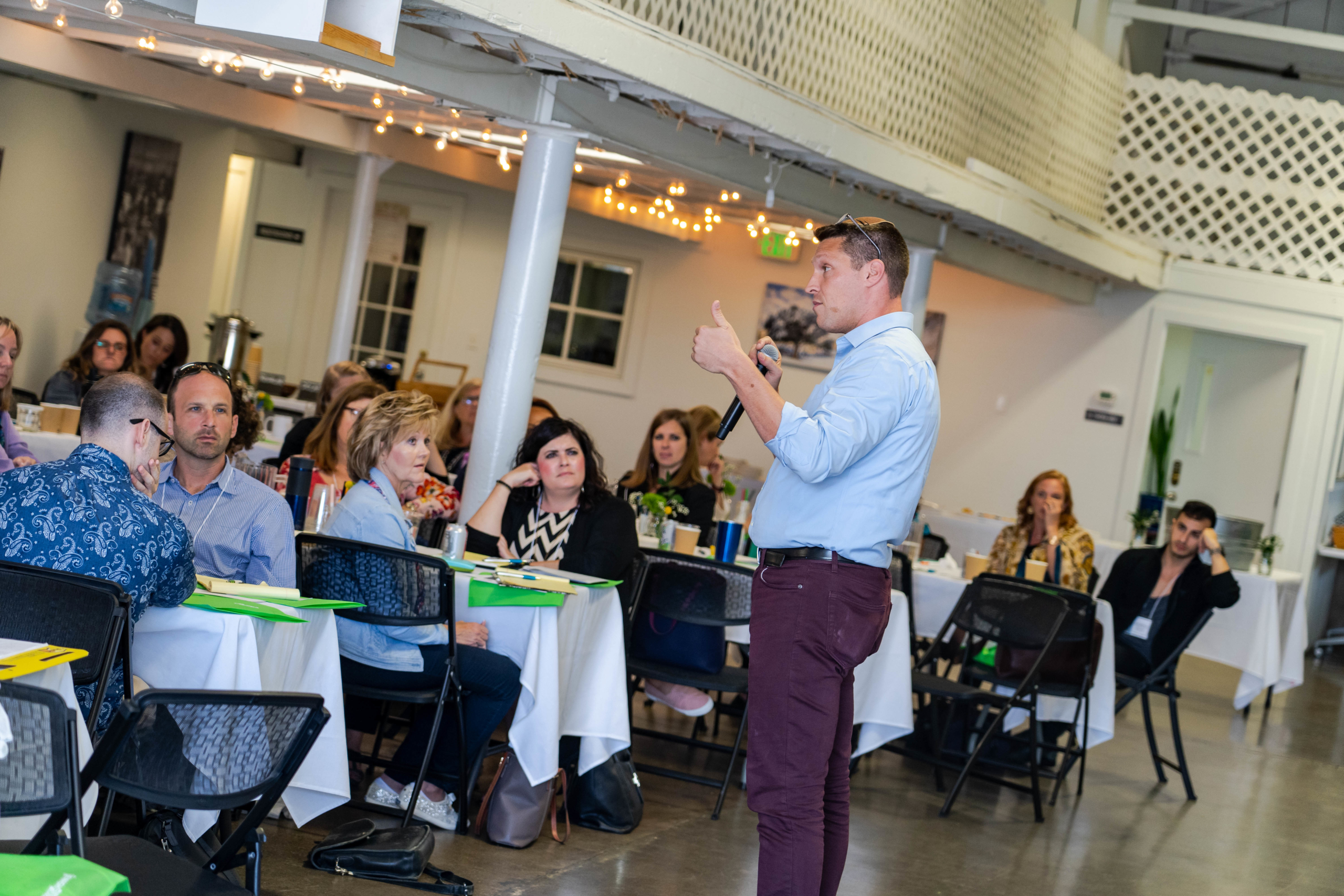
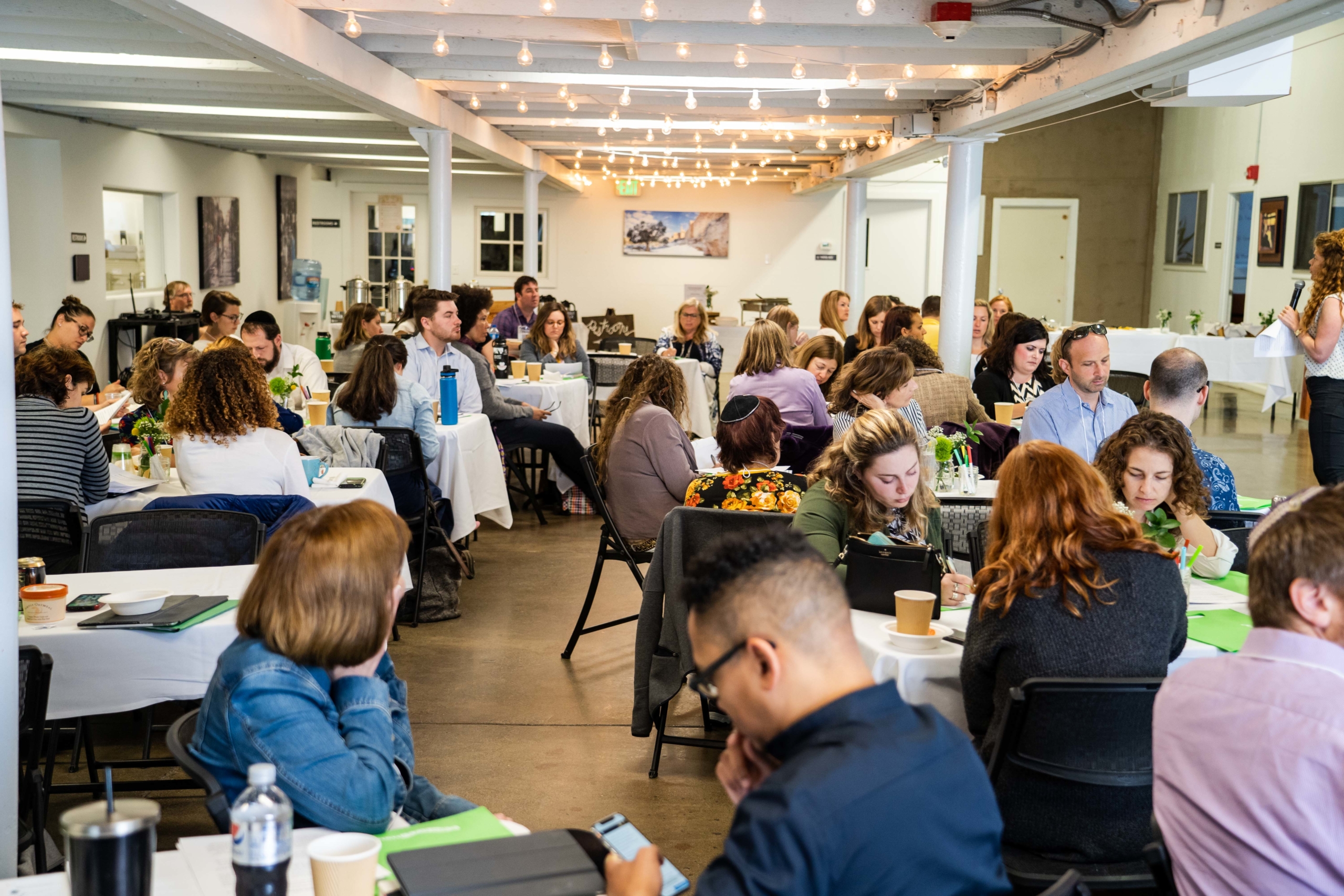

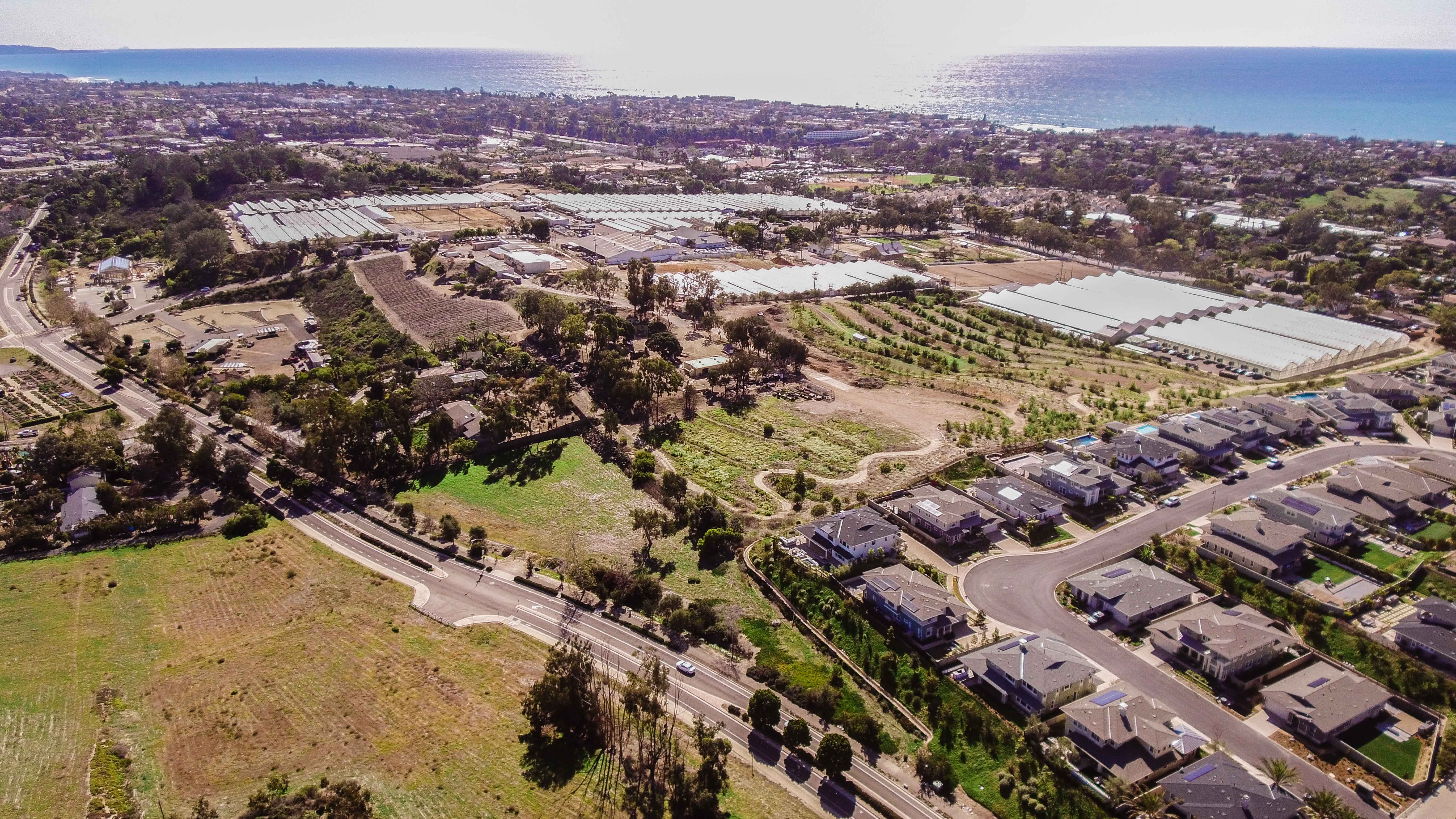
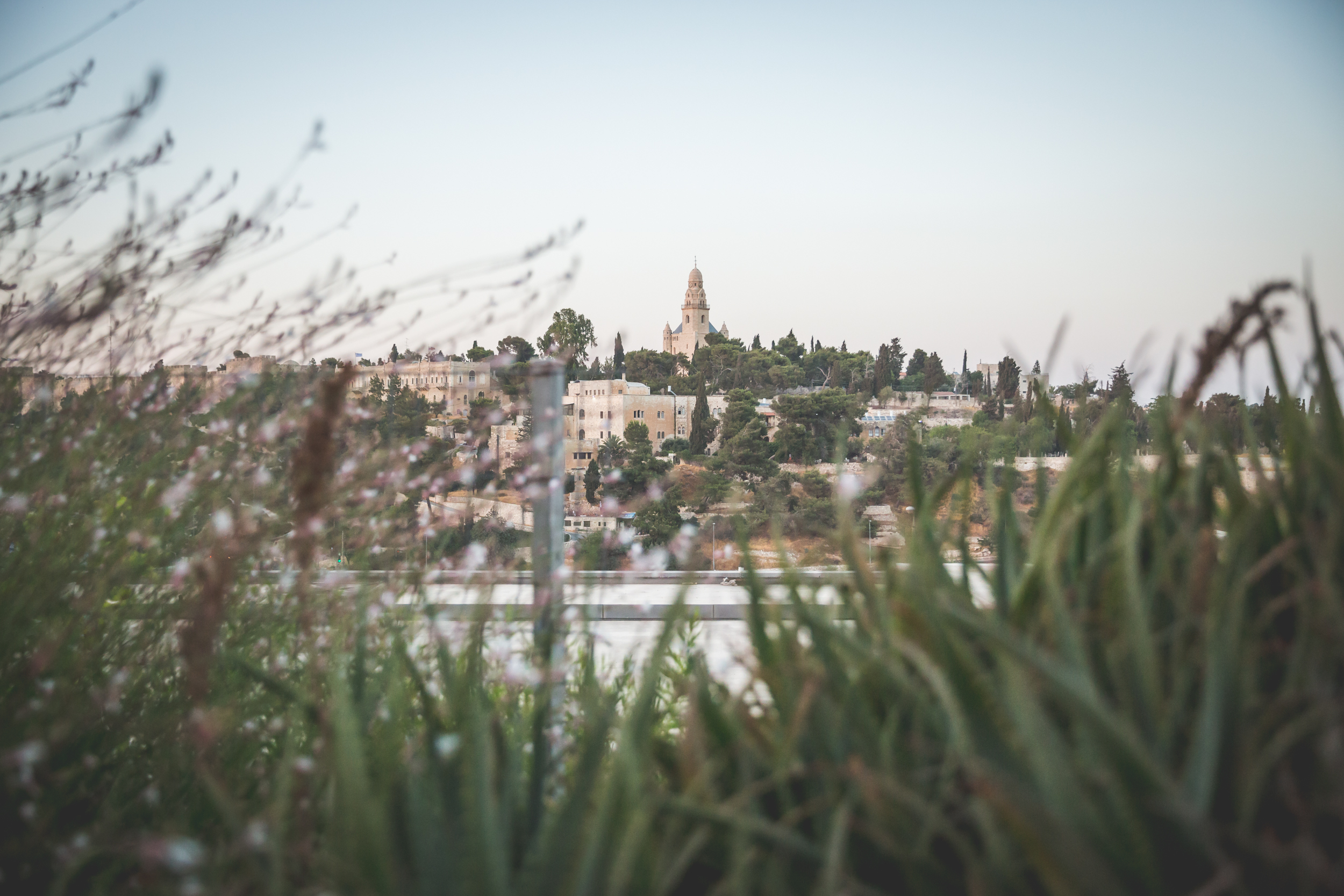
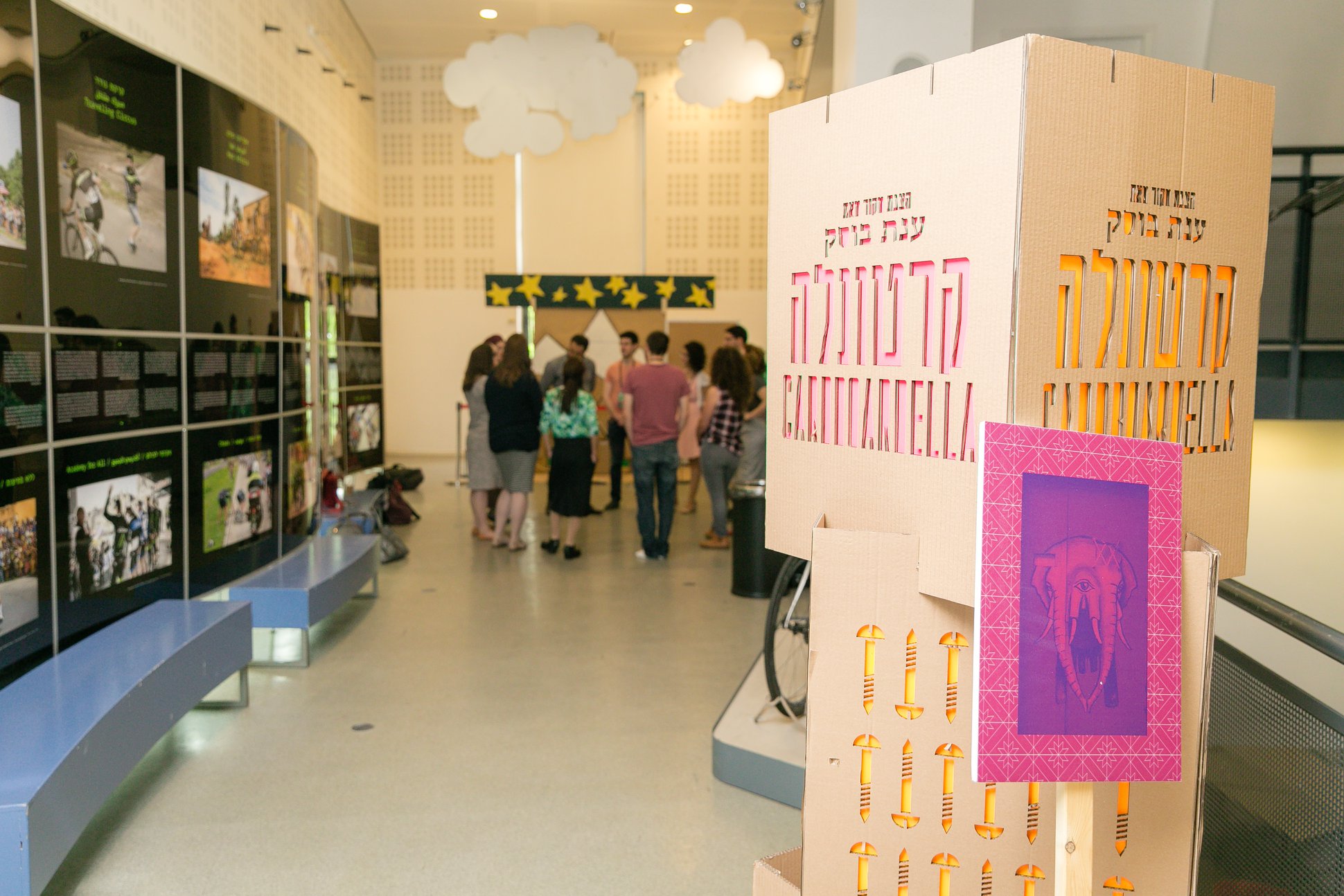
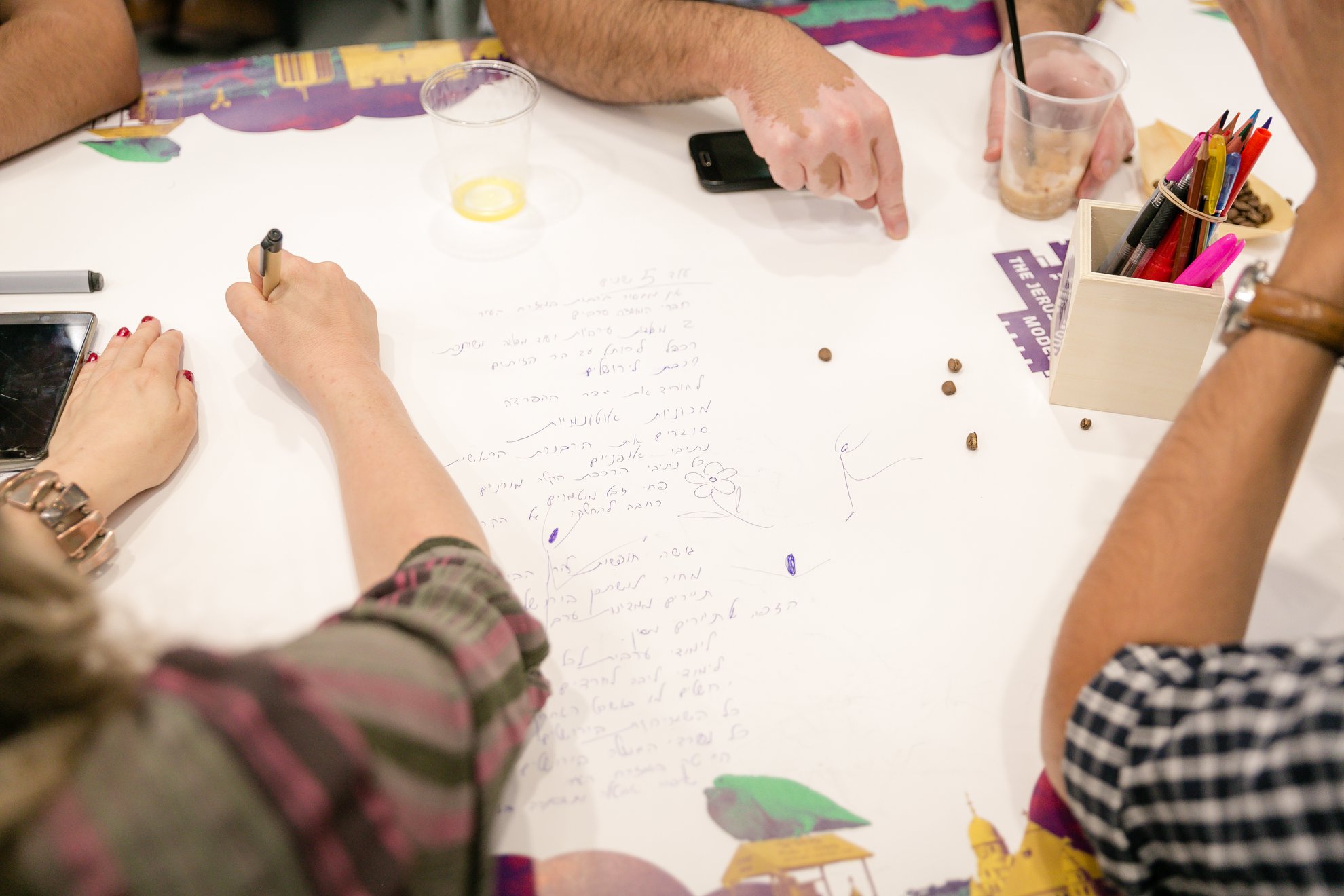
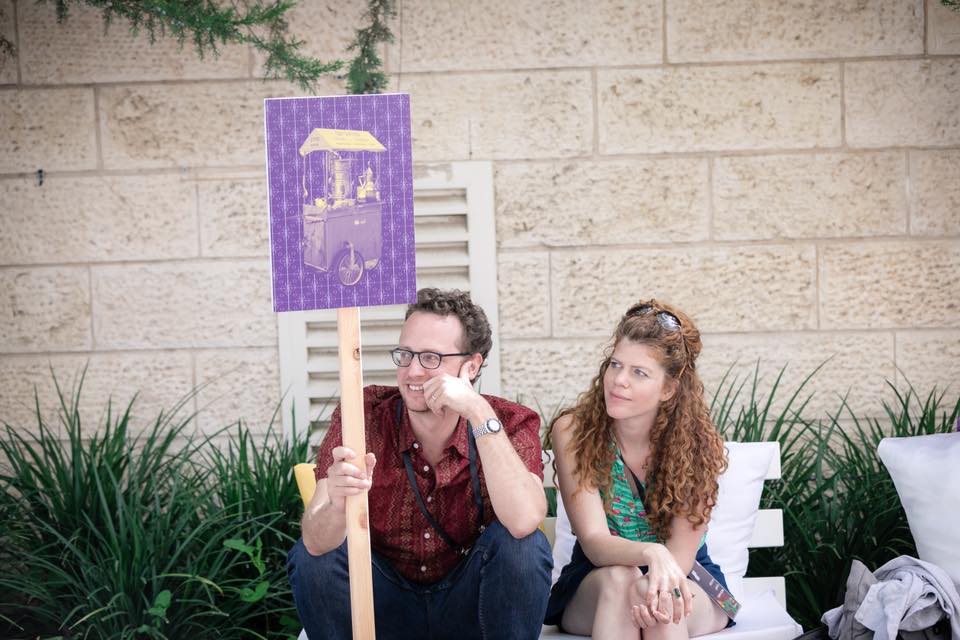

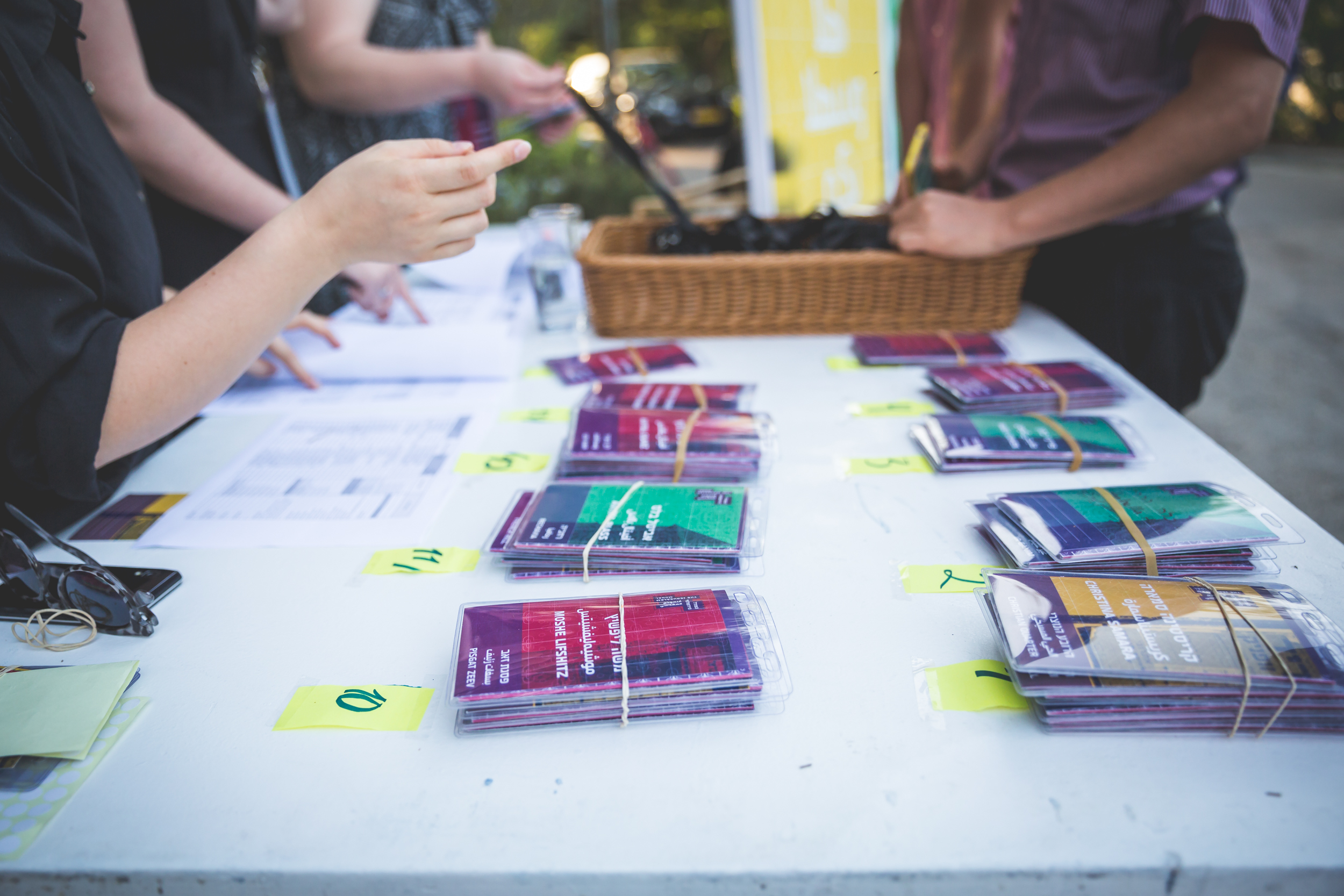
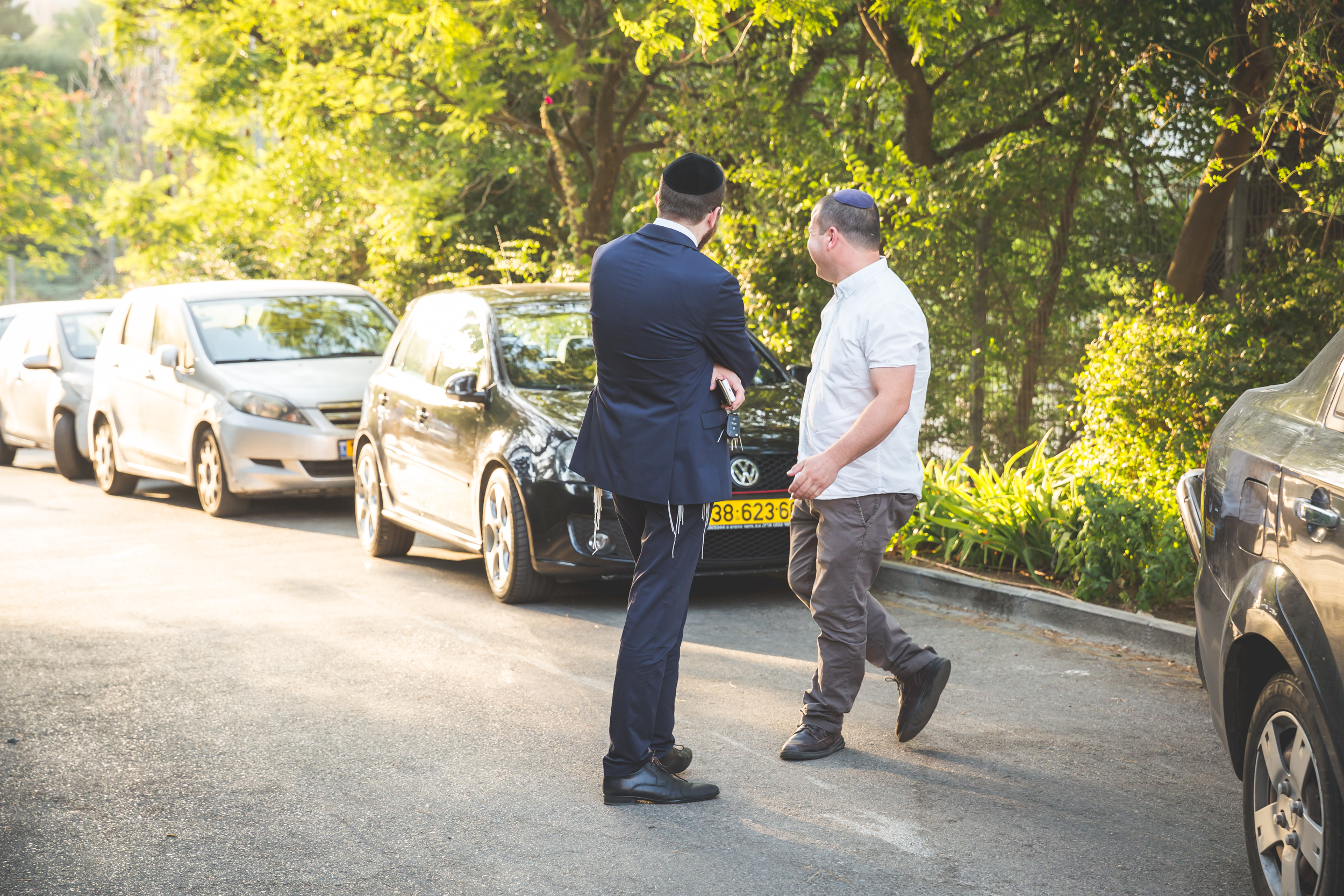
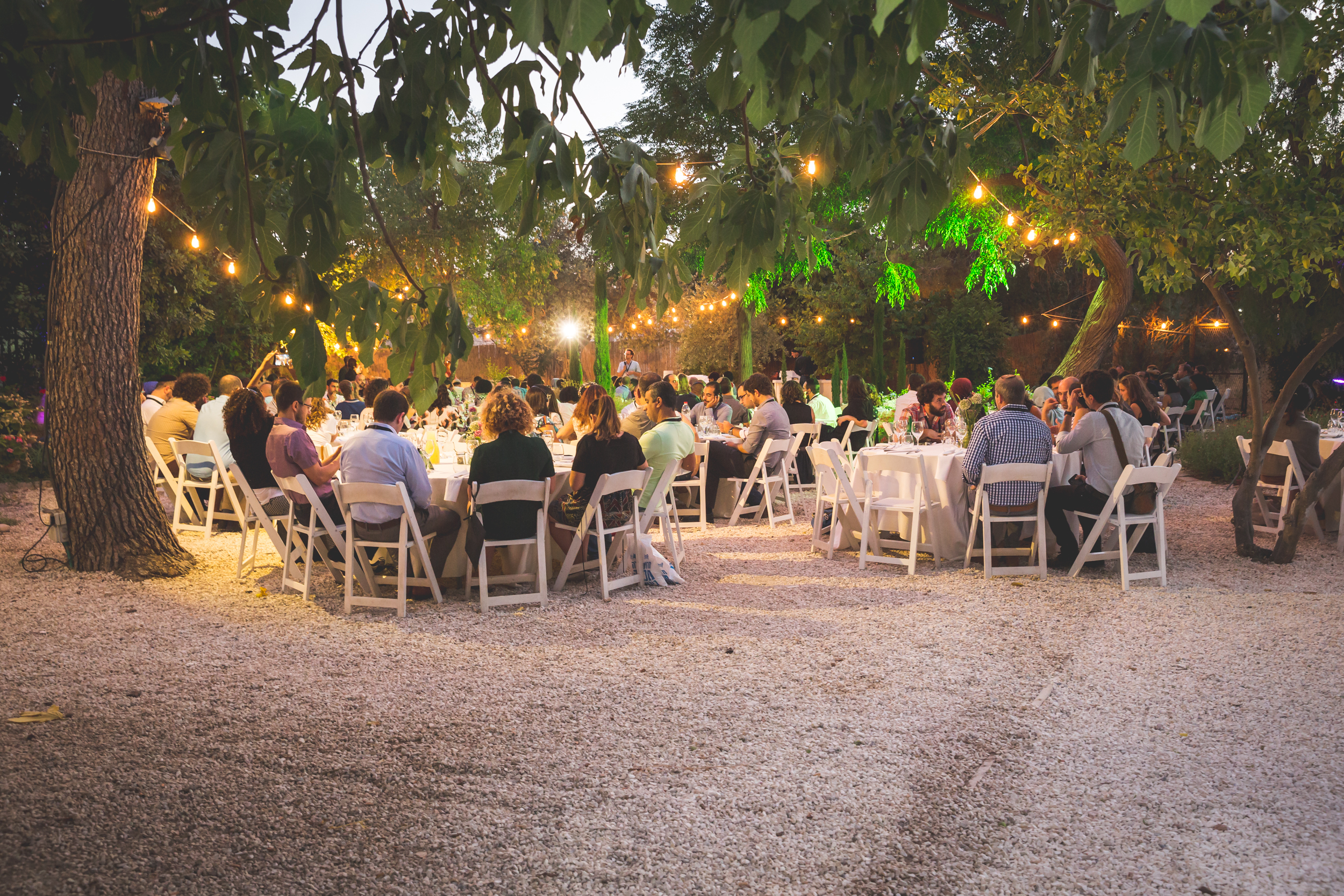

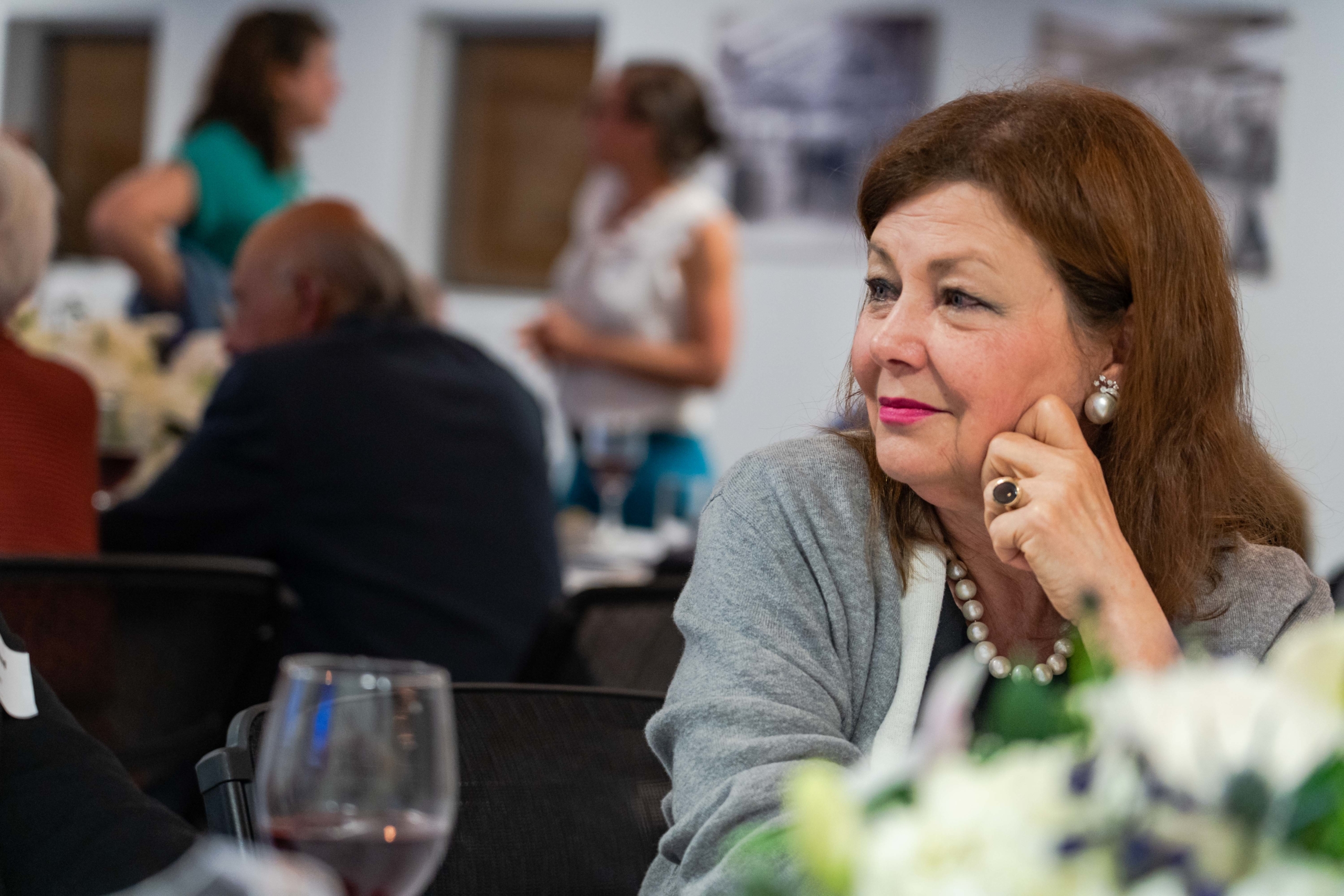
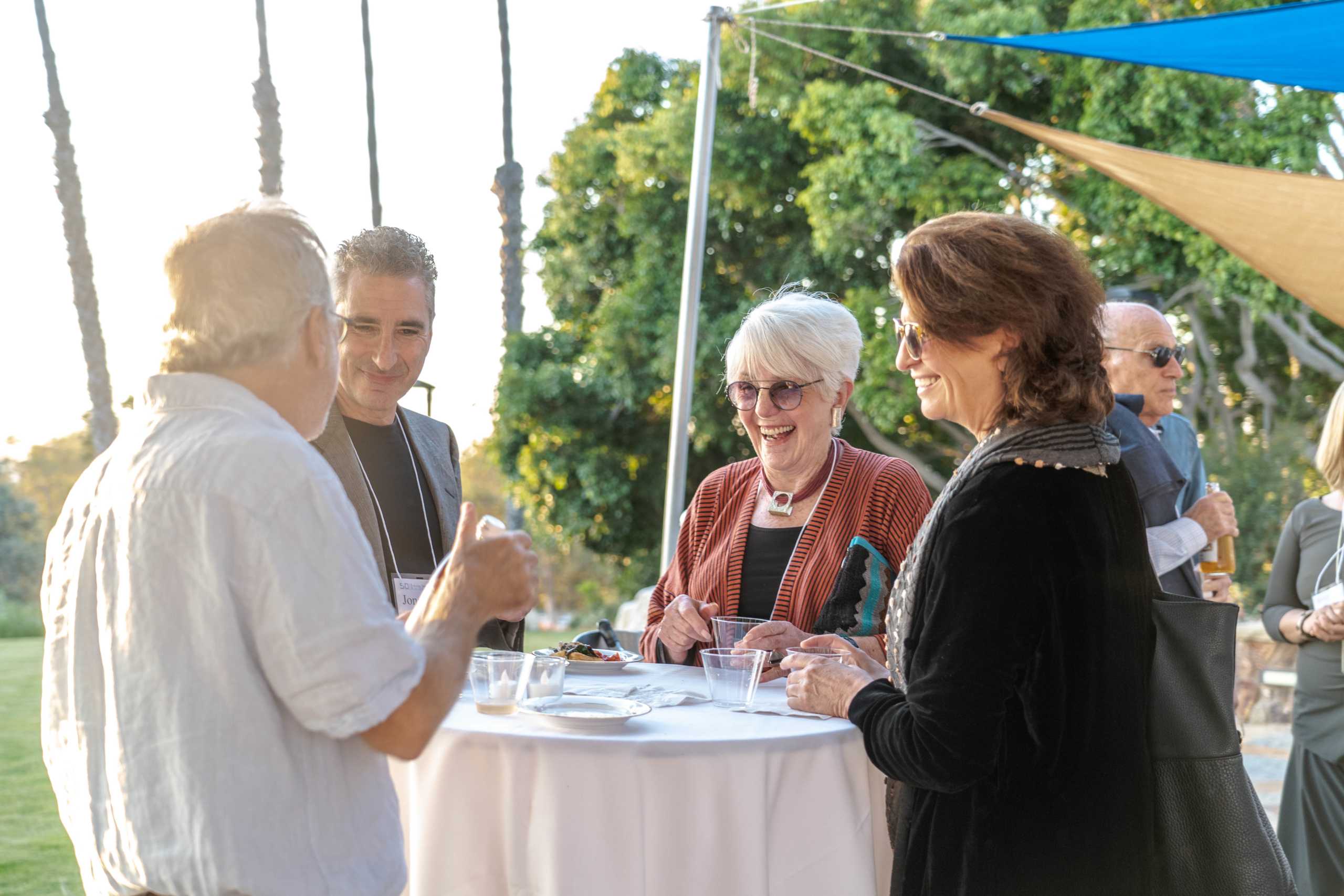
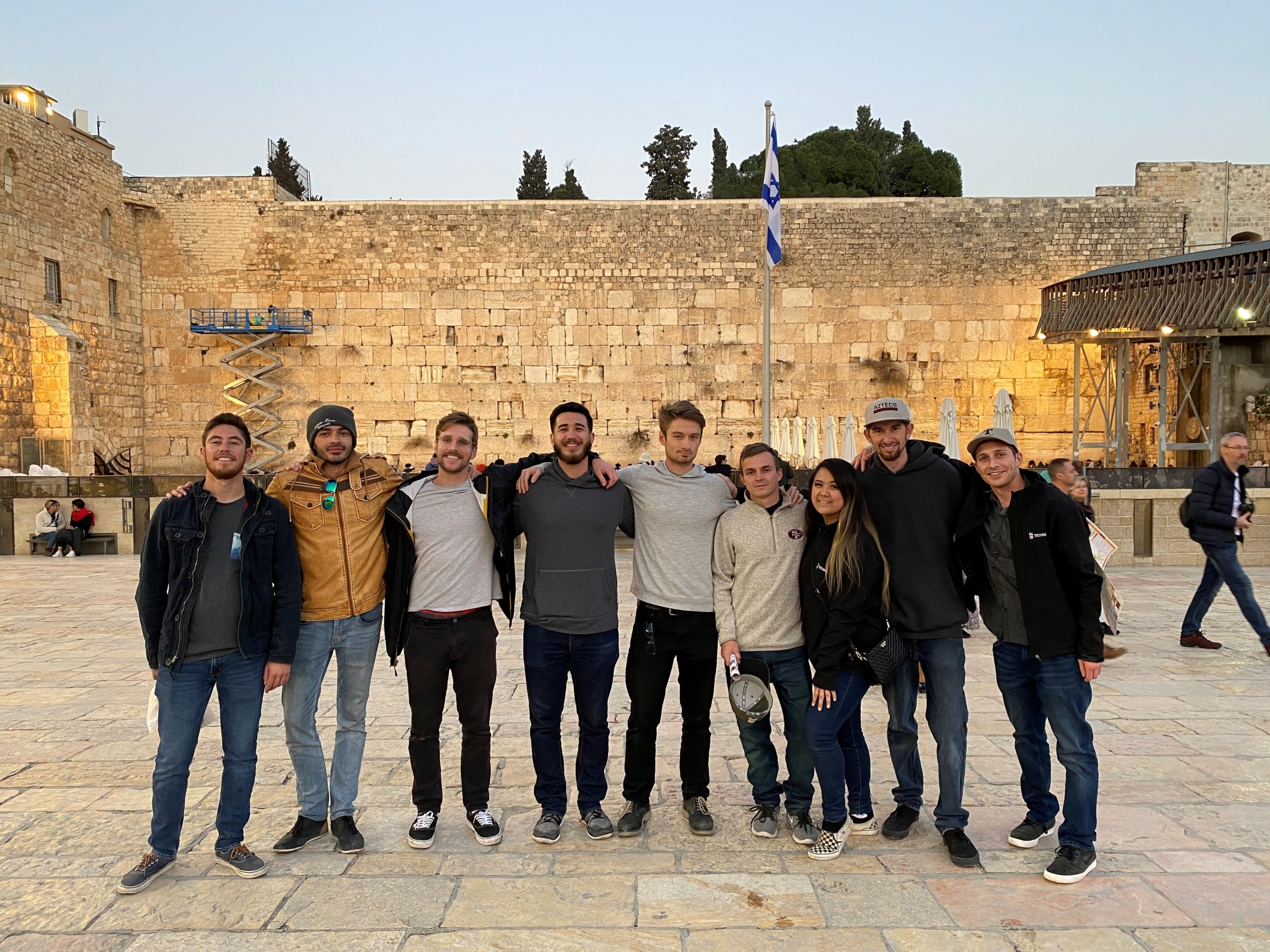
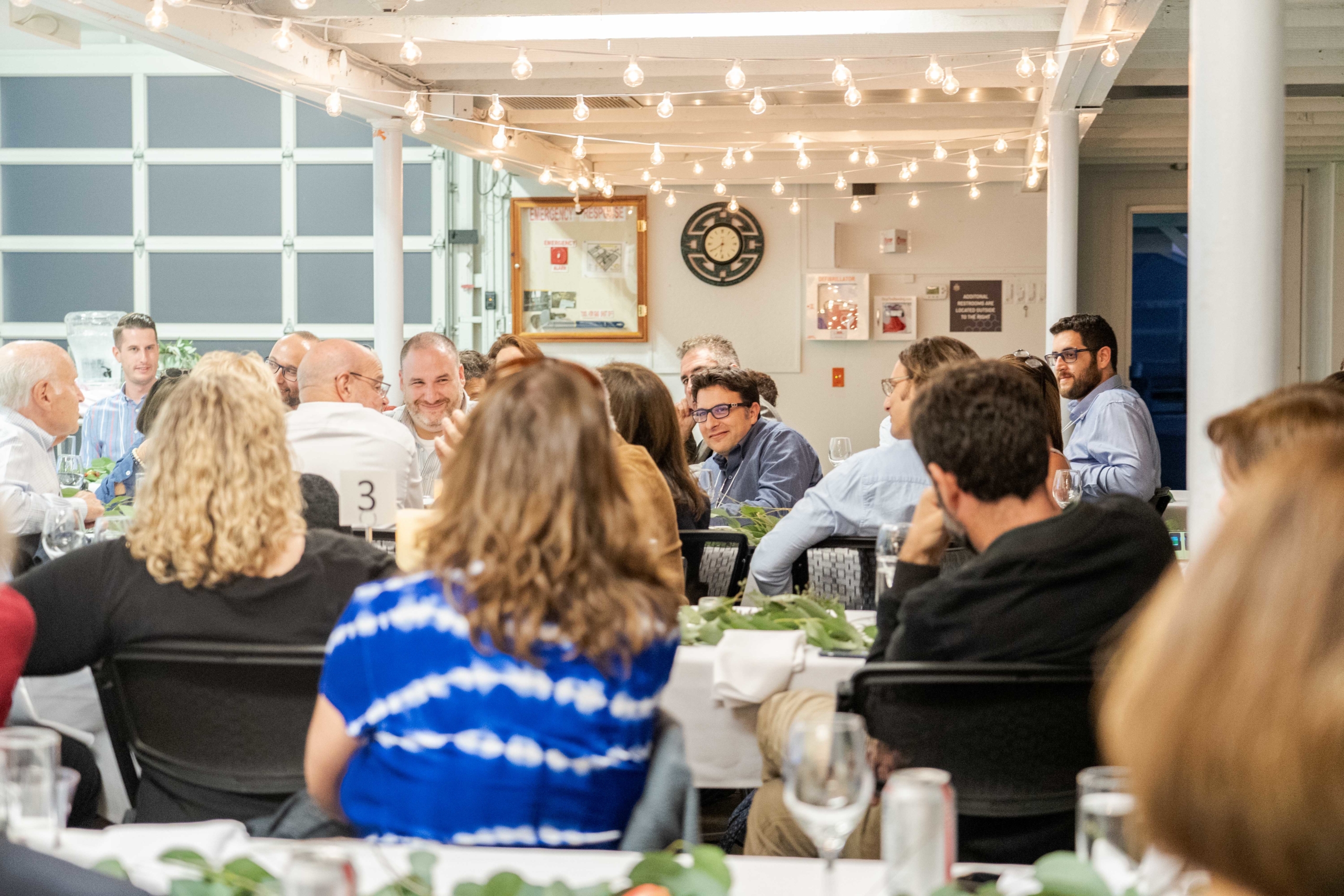

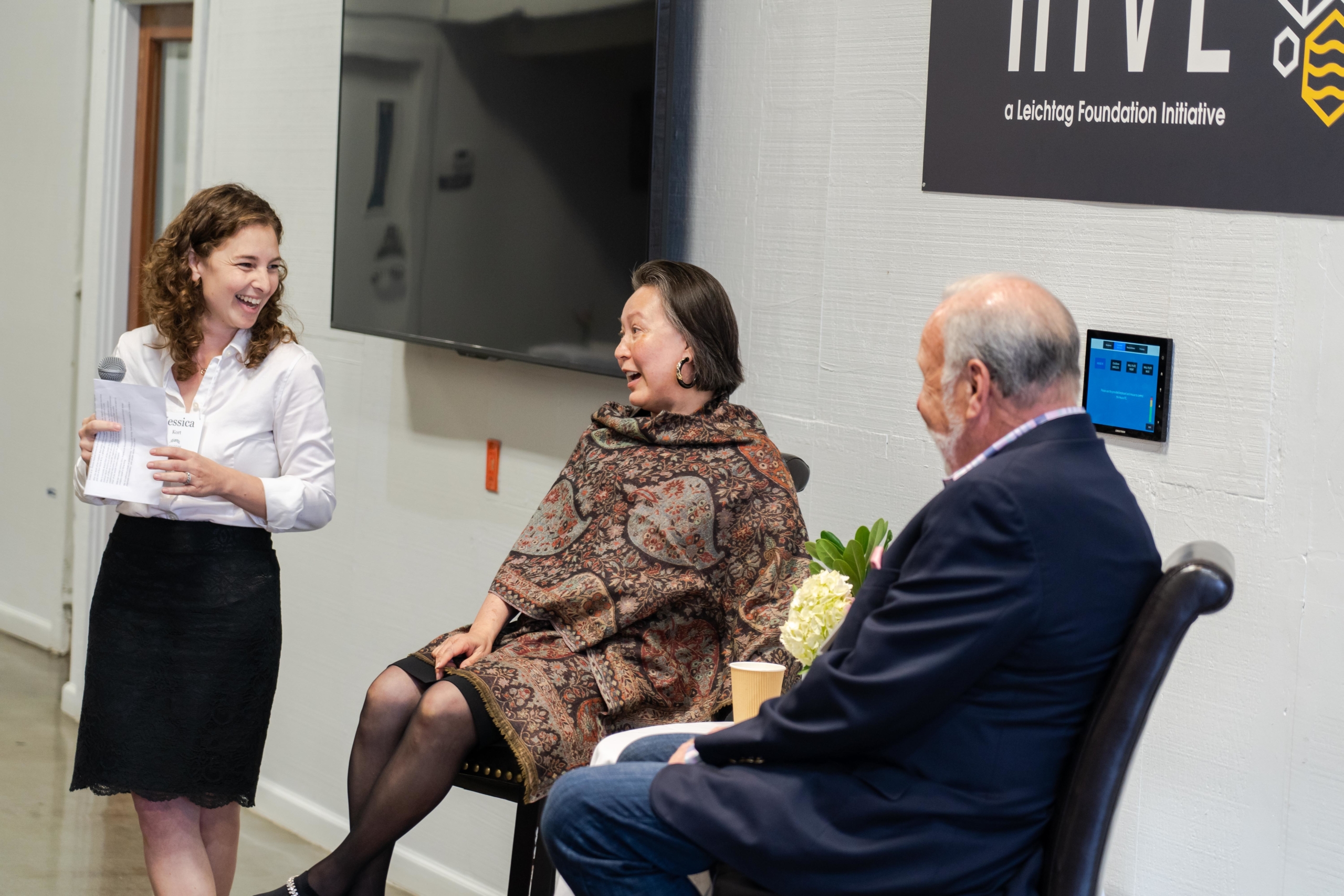


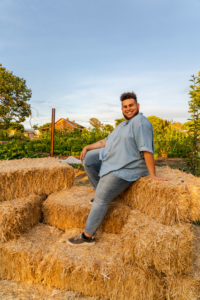 Black, Jewish and Queer. These three identities weave the fabric of who I am, but it took a long time to believe that they could exist together.
Black, Jewish and Queer. These three identities weave the fabric of who I am, but it took a long time to believe that they could exist together. Lee and Toni Leichtag established the Leichtag Foundation in 1991 following the sale of their business. Lee and Toni were lifelong entrepreneurs with a passion for innovation and for supporting talent. They believed that only with big risk comes big reward. Both born to families in poverty, Toni to a single mother, they strongly believed in helping those most in need and most vulnerable in our community. While they supported many causes, their strongest support was for young children and the elderly, two demographics who particularly lack voice in our society.
Lee and Toni Leichtag established the Leichtag Foundation in 1991 following the sale of their business. Lee and Toni were lifelong entrepreneurs with a passion for innovation and for supporting talent. They believed that only with big risk comes big reward. Both born to families in poverty, Toni to a single mother, they strongly believed in helping those most in need and most vulnerable in our community. While they supported many causes, their strongest support was for young children and the elderly, two demographics who particularly lack voice in our society.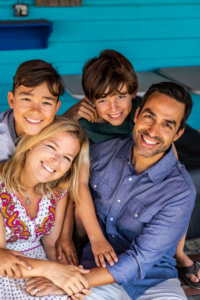 Lifelong Baltimoreans, Rabbi George and Alison Wielechowski and their sons, 11-year-old Lennon and 9-year-old Gideon, are more than pursuing the good life in Southern California. Having moved to San Diego more than three years ago, they are fulfilling a lifelong dream.
Lifelong Baltimoreans, Rabbi George and Alison Wielechowski and their sons, 11-year-old Lennon and 9-year-old Gideon, are more than pursuing the good life in Southern California. Having moved to San Diego more than three years ago, they are fulfilling a lifelong dream.
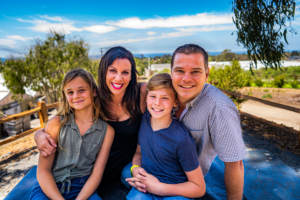
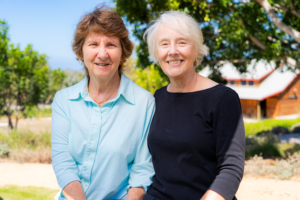

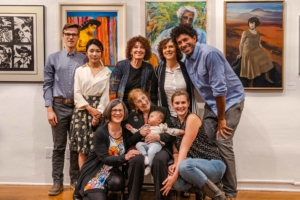
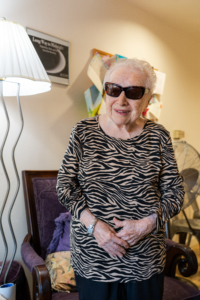
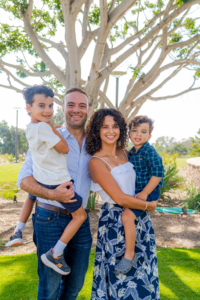
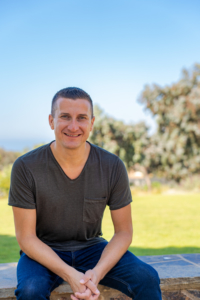 You would think that as the executive director of San Diego LGBT Pride, Fernando Zweifach López Jr., who uses the pronoun they, has done all the coming out they possibly can. A queer, non-binary individual who has worked for many years on civil rights issues, López also speaks openly and often about their father’s family, Mexican-American migrant workers who tilled the fields of rural California.
You would think that as the executive director of San Diego LGBT Pride, Fernando Zweifach López Jr., who uses the pronoun they, has done all the coming out they possibly can. A queer, non-binary individual who has worked for many years on civil rights issues, López also speaks openly and often about their father’s family, Mexican-American migrant workers who tilled the fields of rural California.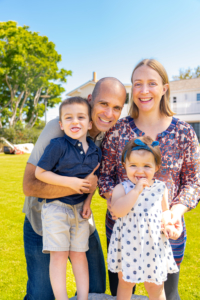 Stacie and Jeff Cook understand commitment. They live it.
Stacie and Jeff Cook understand commitment. They live it.